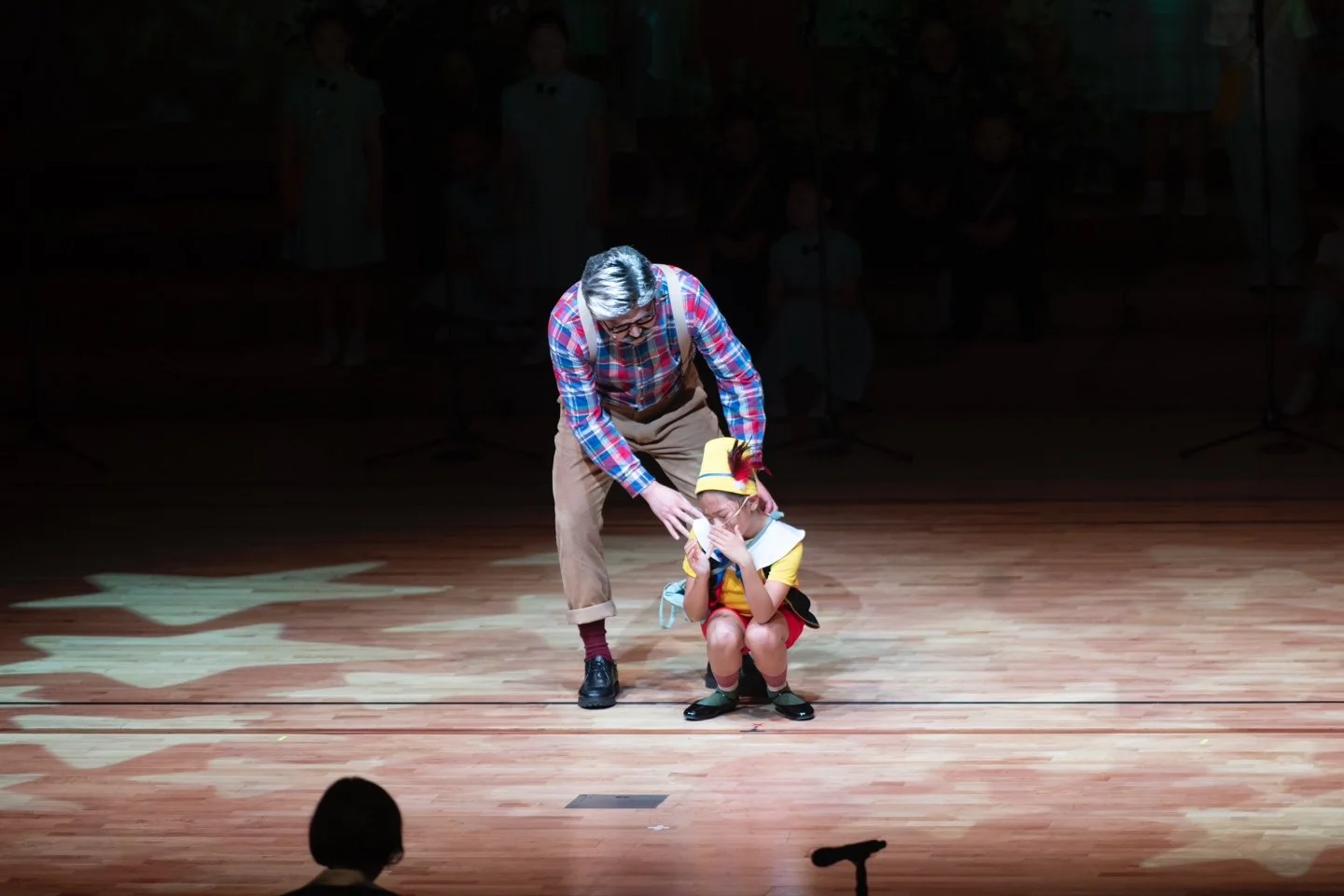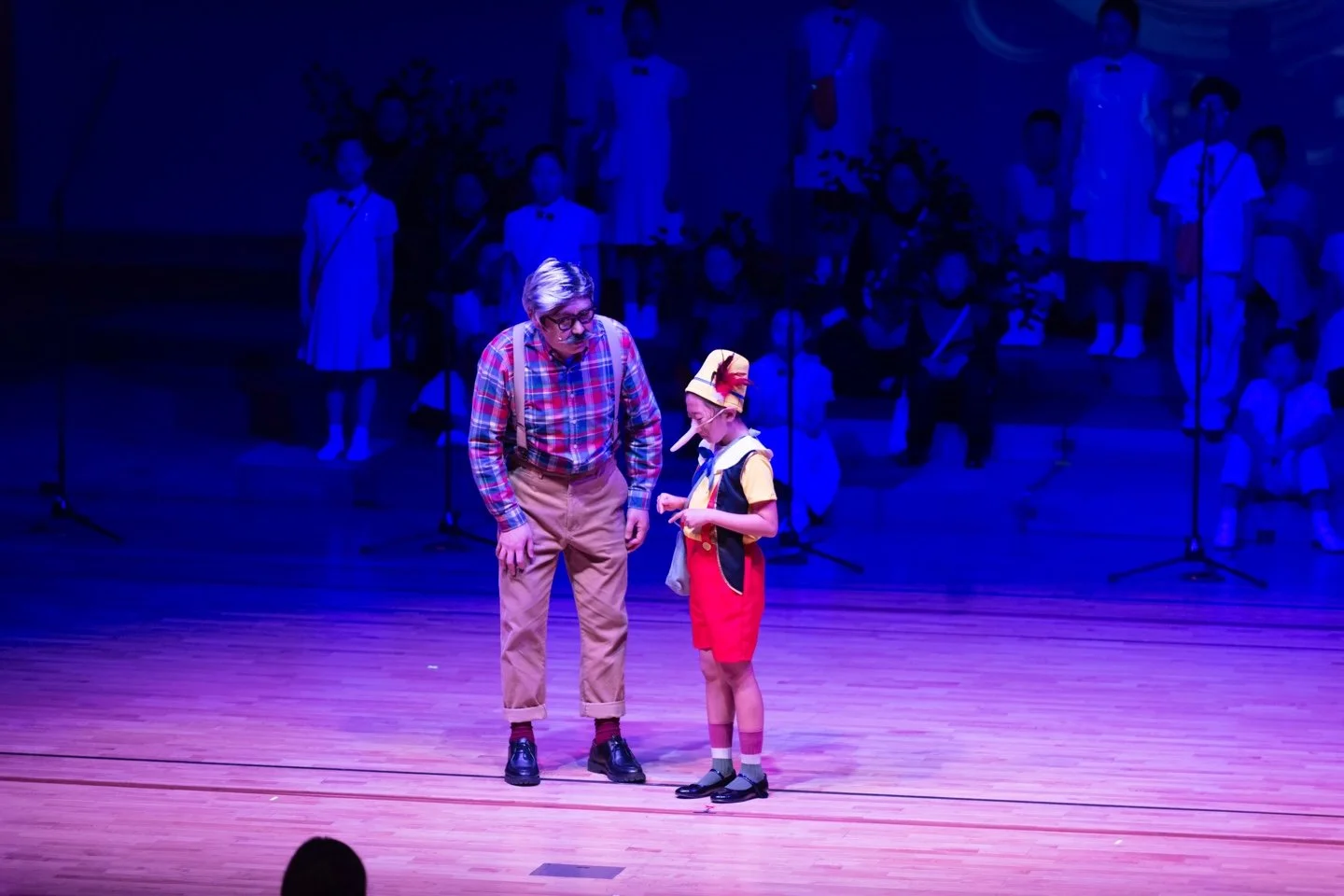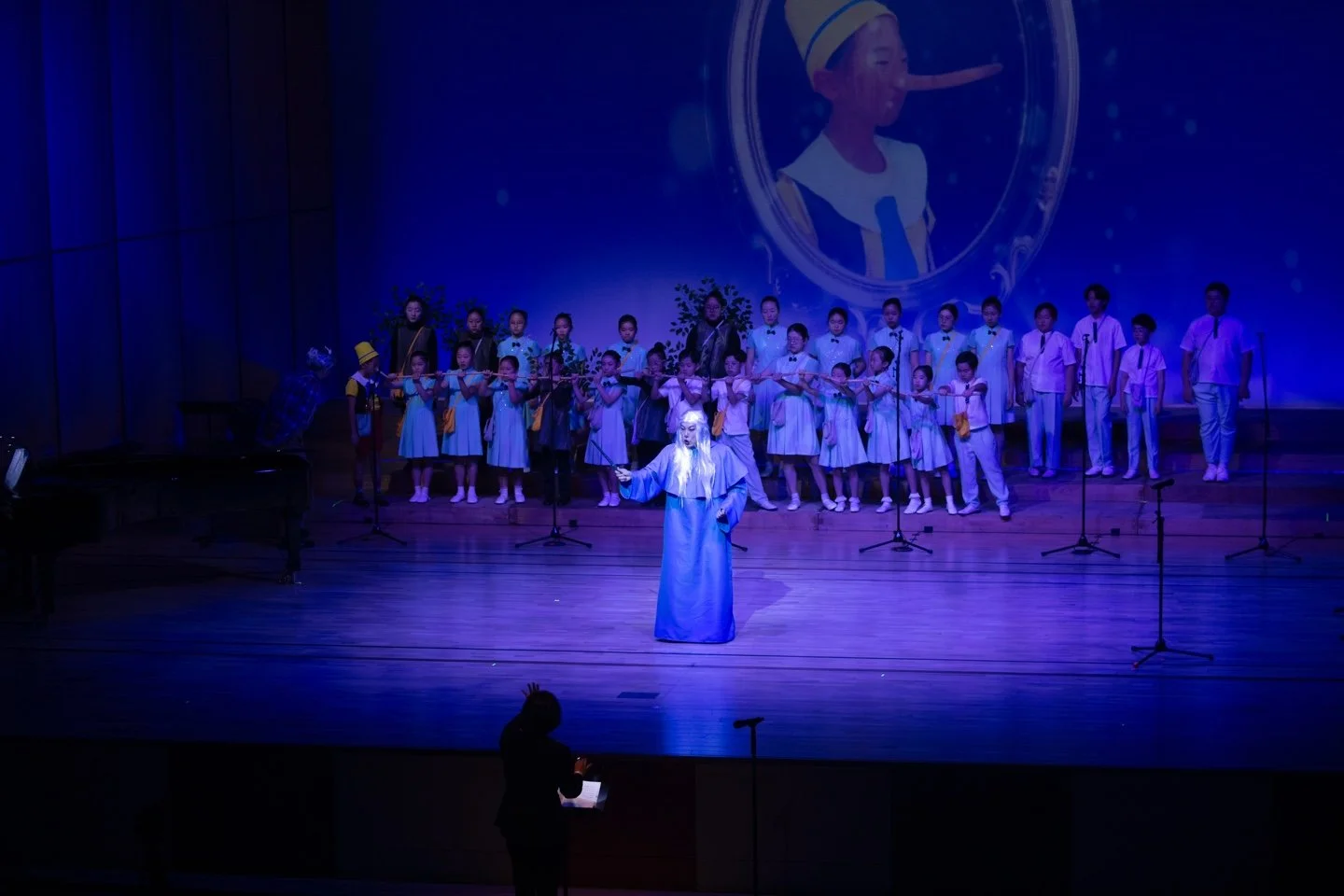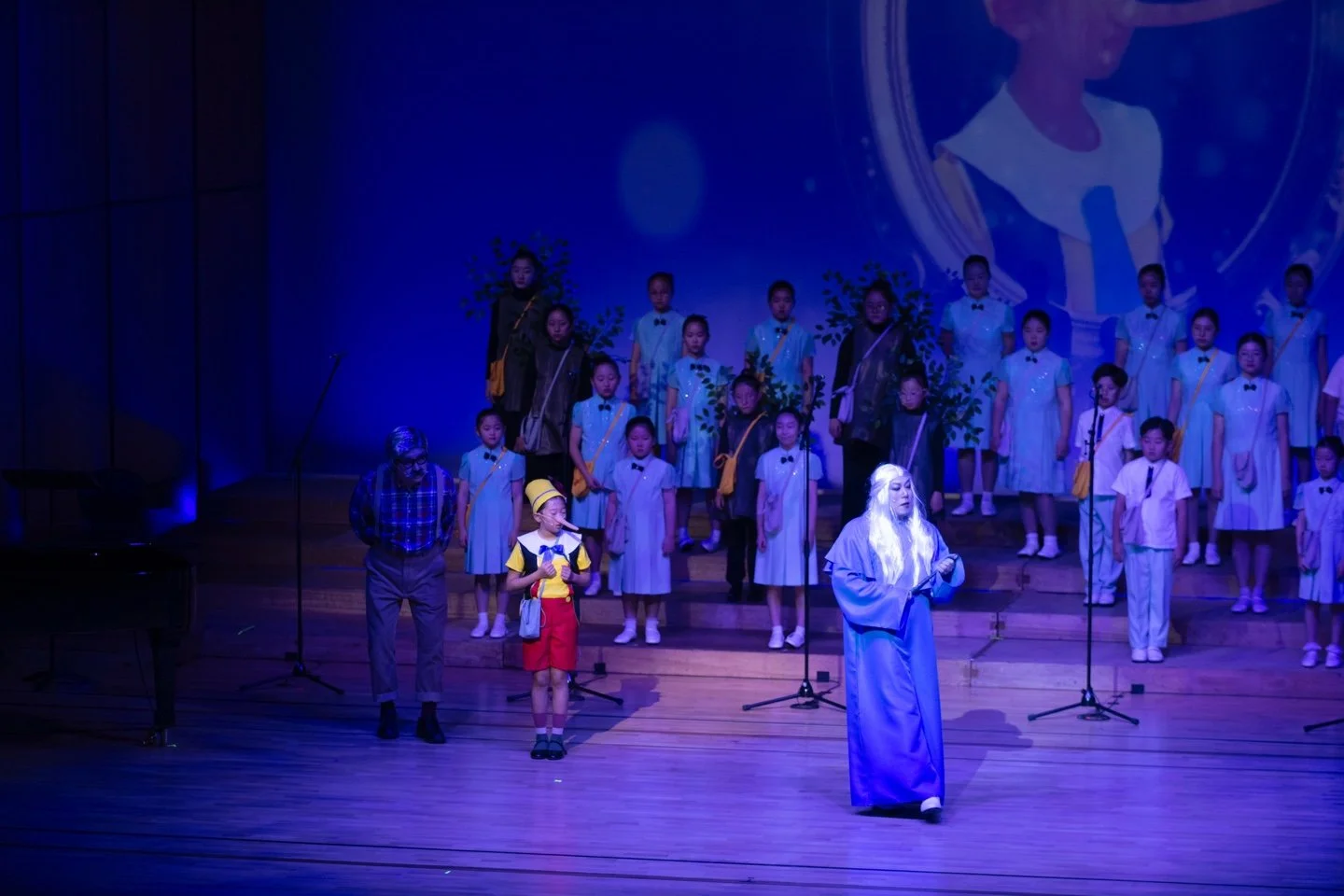
Jinsil Lee
composer/arranger/educator/
“One of the highlights was the world premiere of The Beginning for piano and orchestra in three movements by the young composer Jinsil Lee (Korea)…..The musician and composer received frenetic applause for a piece that dared to be compared with well-known, tried-and-tested works by recognized composers and obviously need not shy away from them.”
— Die Niederösterreichischen Nachrichte, Austria
“O! My Fatherland! is a great footstep that contains historical records, and after the premiere of the premiere of the Busan City Choir, another step is expected to be expressed in various directing methods.”
— Francezone, France
Jinsil Lee
Jinsil Lee is a South-Korean woman composer based in New York City. She has actively published over fifty choral peices over the years and one of her church choral serise has sold over 8000 copies over the years. She has received numorous commissions from Korean Civic Choirs over the years. Her two cantatas O! My Fatherland! (2021) and Busan Mack Arirang (2015) for over 100 performers were premiered in 2021 and 2015. One of the most popular choral musicals Once upon a time’ (2013), Fantastic Forest’(2015), The Christmas story of Grandpa Scrooge(2014) were performed by many different city choirs in Korea including Busan, Daegu, Chuncheon, Gangneung, Chungju, Jeonju, Pohang and etc. Her piano concerto for string orchestra The begging (2015) was premiered in Vienna and New Jersey. Her electronic dance piece Wind from nowhere’ (2016) and percussion sextet (2016) were primered in New York and New Jersey.
She is currently an artist in residency of Korean Pacific Philharmonic Orchestra since 2021 and has led New Jersey Leonia Young Chamber Orchestra as a music director and conductor in the past. She received her MA in music composition from Rutgers in USA and BA in music composition from Chongshin University in South-Korea.
The Beginning
The Beginning is four movements piano concerto for string orchestra. The scenes based on bible story
Stage Music
It all begins with an idea. Maybe you want to launch a business. Maybe you want to turn a hobby into something more. Or maybe you have a creative project to share with the world. Whatever it is, the way you tell your story online can make all the difference.
Overture and Theme song People’s Cry from Cantata “O! My Fatherland!”
Musical “Fantasy Forest”
Flickering Fireflies
Percussion sextet Flickering Fireflies is written for
Untitled Dance
It all begins with an idea. Maybe you want to launch a business. Maybe you want to turn a hobby into something more. Or maybe you have a creative project to share with the world. Whatever it is, the way you tell your story online can make all the difference.
A Shout of White Night
Orchestral piece A Shout of White Night is written to memory of the courage of Korean independence activists in Korean-Japanese fight in 1920, called Battle of Quinshanli. The music describes the atmosphere and scene in the dramatic moment of the day.
The Love of Pomegranate
The Love of Pomegranate is written for soprano solo and piano. words by Jeong-Jeong Sook, Korean poet. The lyric is about love of grandmother. The music metaphorically expresses in the love of grandmother as ripening of the pomegranate fruits.
Choral Music
Bird, Blue bird (2022) is an arrangement of the folk-melody “Saeya, Saeyar.” The original folk tune traces back to 1895, around when the peasants’ War ended in Korea. The war was precursor to Japanese colonization, since the peasants mostly fought against the Japanese army. This song was sung by the wives of the deceased husbands who fought in the war as a requiem. Bluebird refers to the Japanese army, as their army was all blue at the time. The piece reaches its apex when the choir cries, “why did you fly in here?” This piece refers to the “Han” part of the title - it is a folk term referring to complex entanglement of frustration, desire, and strong will all form the wounds of the past.
Dookkubi (2018) translates to “Toad,” and it is a folk play song and nursery rhyme known to be composed during the 20th century. In our country, there is a poisonous toad called 'scabies toad' because of its unusually thick back. Here is a sad story regarding the toads’ mothers. Usually, and naturally, mothers are always careful with themselves when they are pregnant with a child. However, when the scabies toad incubates an egg, she behaves strangely, and it is said that she sets out on the road in search of the viper that she has always been evading because of fear. So when she encounters a viper, she fights with all her might while embracing the poison, and eventually gets eaten by the viper. However, since the mother toad also has a poison, she shoots it last minute to kill the viper as well. Then, the eggs in the scabies toads feed on the mother toad and the dead viper, and they are all born strong and healthy as young scabies. The text “Toad, Toad, here’s an old house, give me a new house” is from the story that the old house refers to a mother who sacrifices herself for her children, and the new house refers to her children. Traditional nursery rhymes were lost during the Japanese colonization because of music censorship and it is known that this piece was written during that time to discover and preserve forgotten Korean folk songs.
Uelssigu Taryung (2020) is an upbeat piece with many combinations of various rhythmic motives. This is where the “Heung (흥)” part of the title comes in - although there is no direct translation of the word, it could translate to joy and excitement. “Ulssigu” and the other Korean words used in this piece are widely known to Koreans as simple exclamations used in the traditional musical contexts. However, further research revealed that each letter of the word “Uelssigu(얼씨구)” has a meaning. Uel: 얼 (sprit), sis (씨): (seed), gu: 구(구하다: to seek for) -> “to seek for the seed of the spirits.” Back during the Japanese colonization, the lower class people would be the only ones sent out in the wars and riots. As a result, most of them were killed and therefore did not have a descendant that would pass down their heritage. The spirits in the above phrase refer to these lower class men who were mercilessly tour cured and killed.
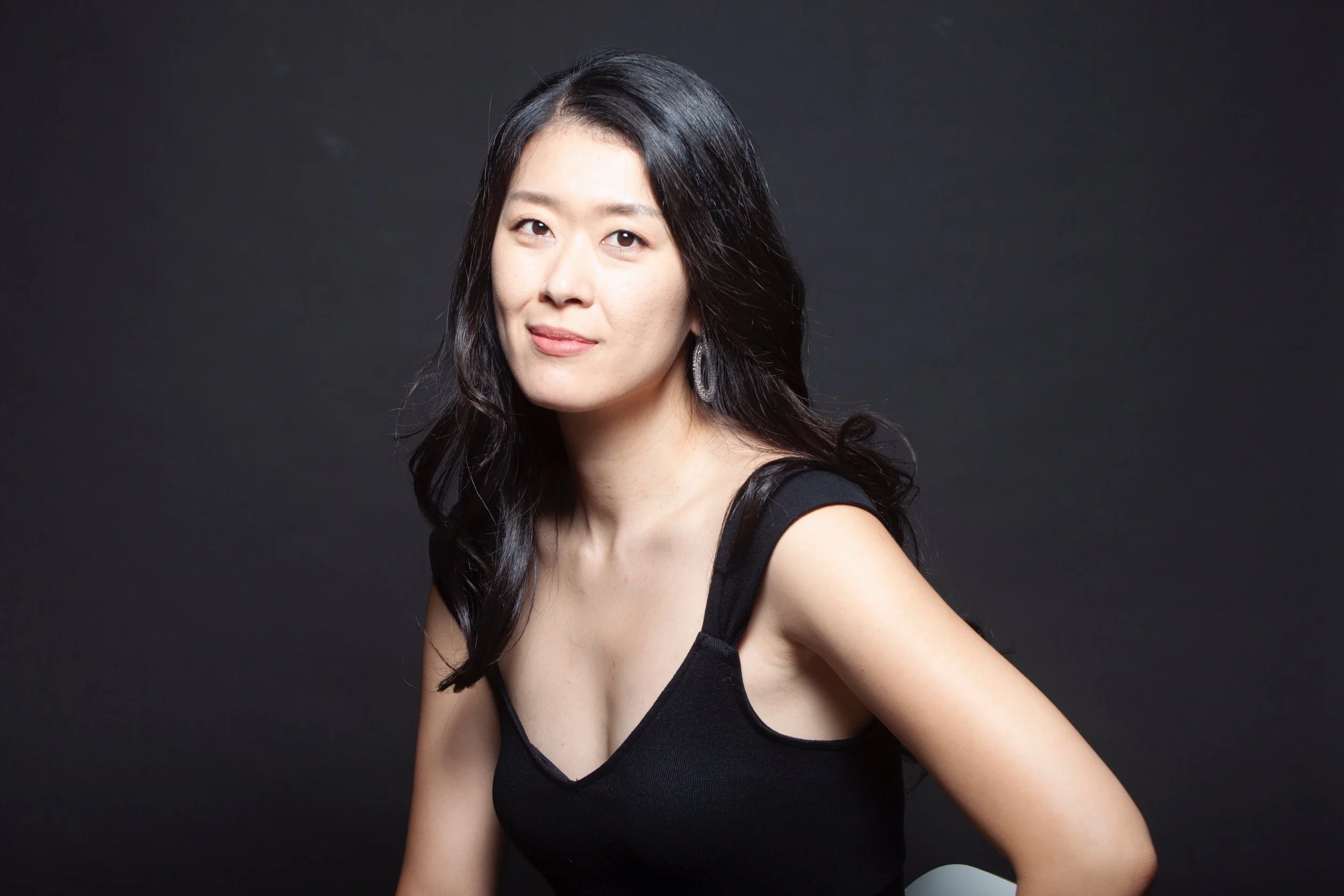

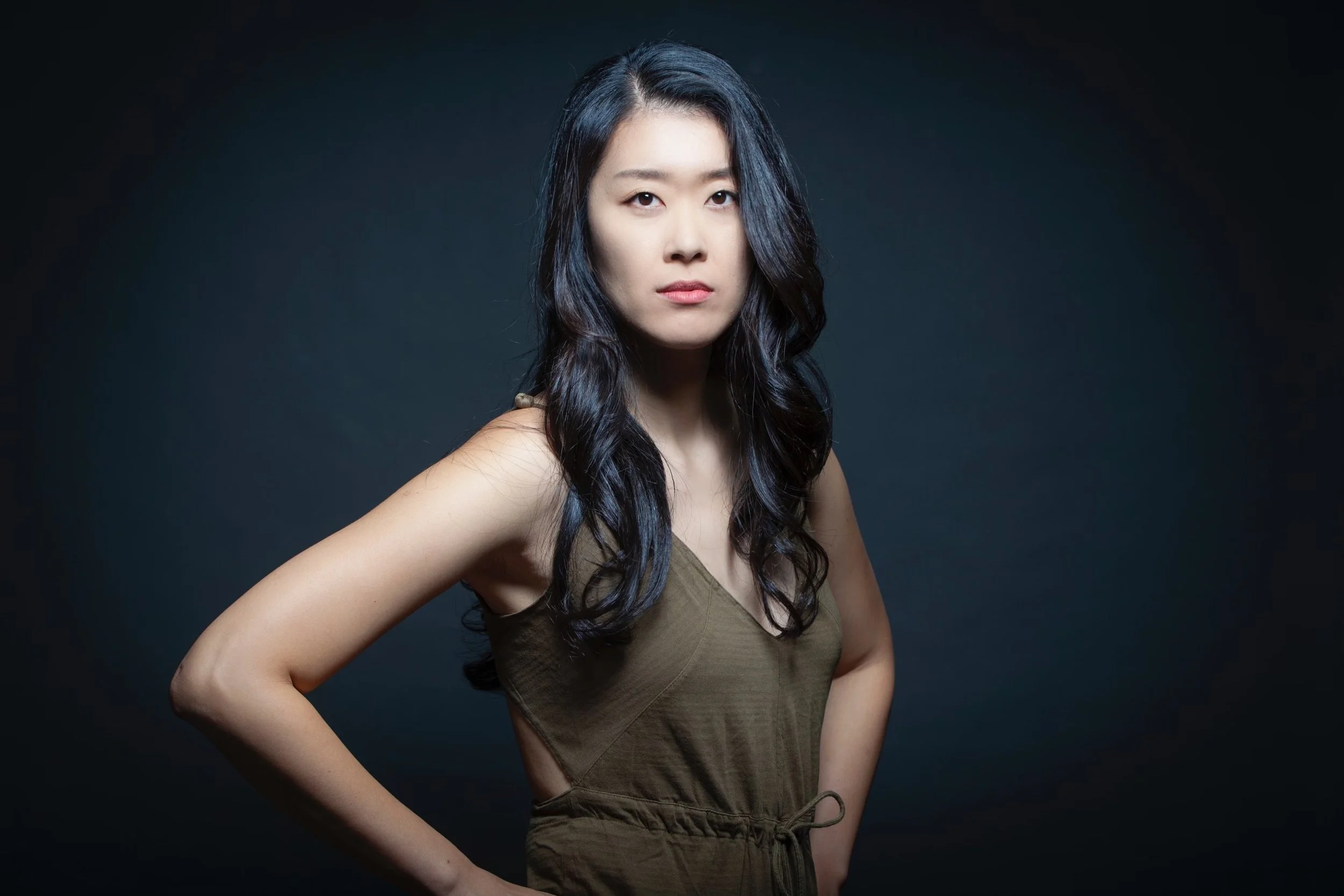
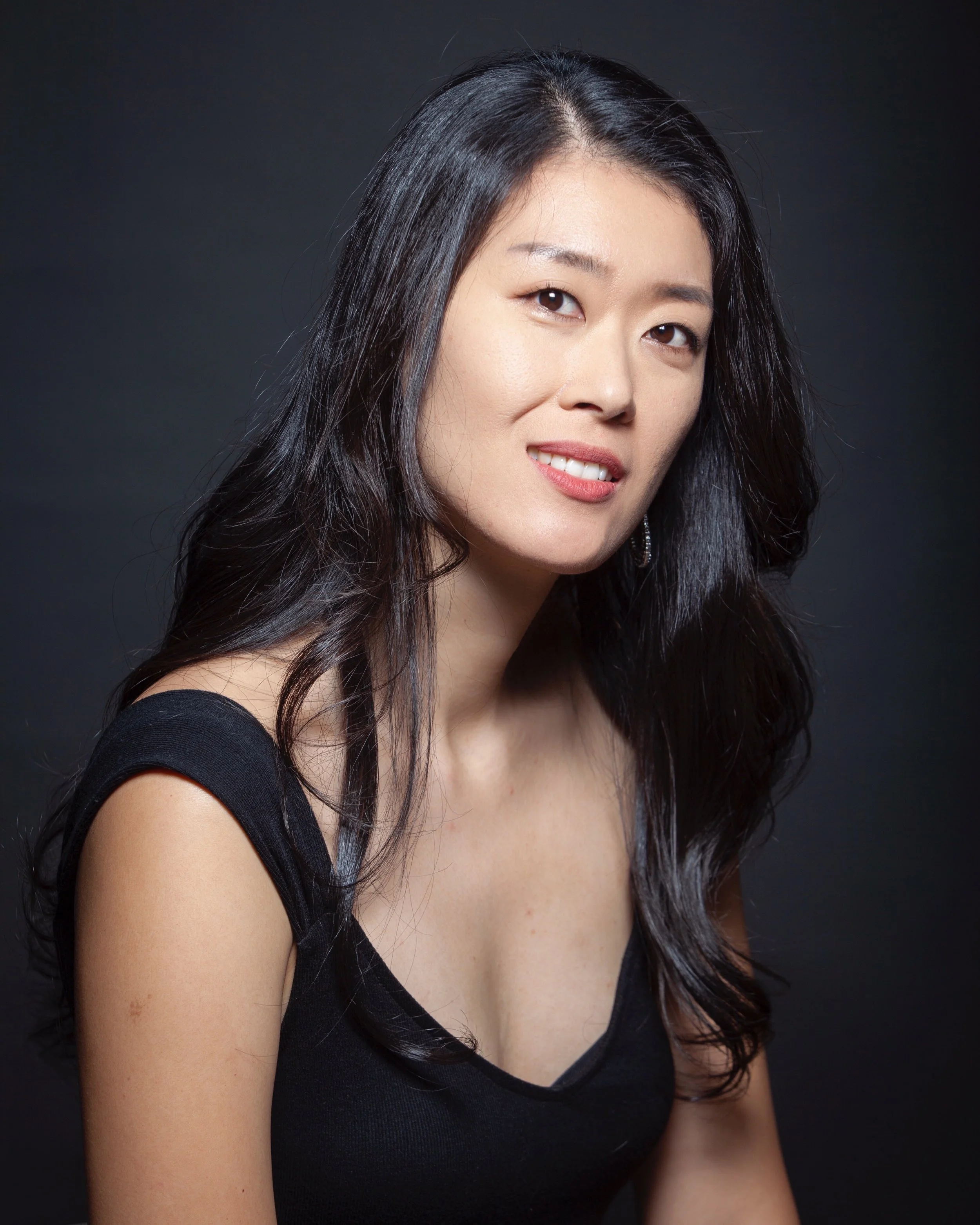
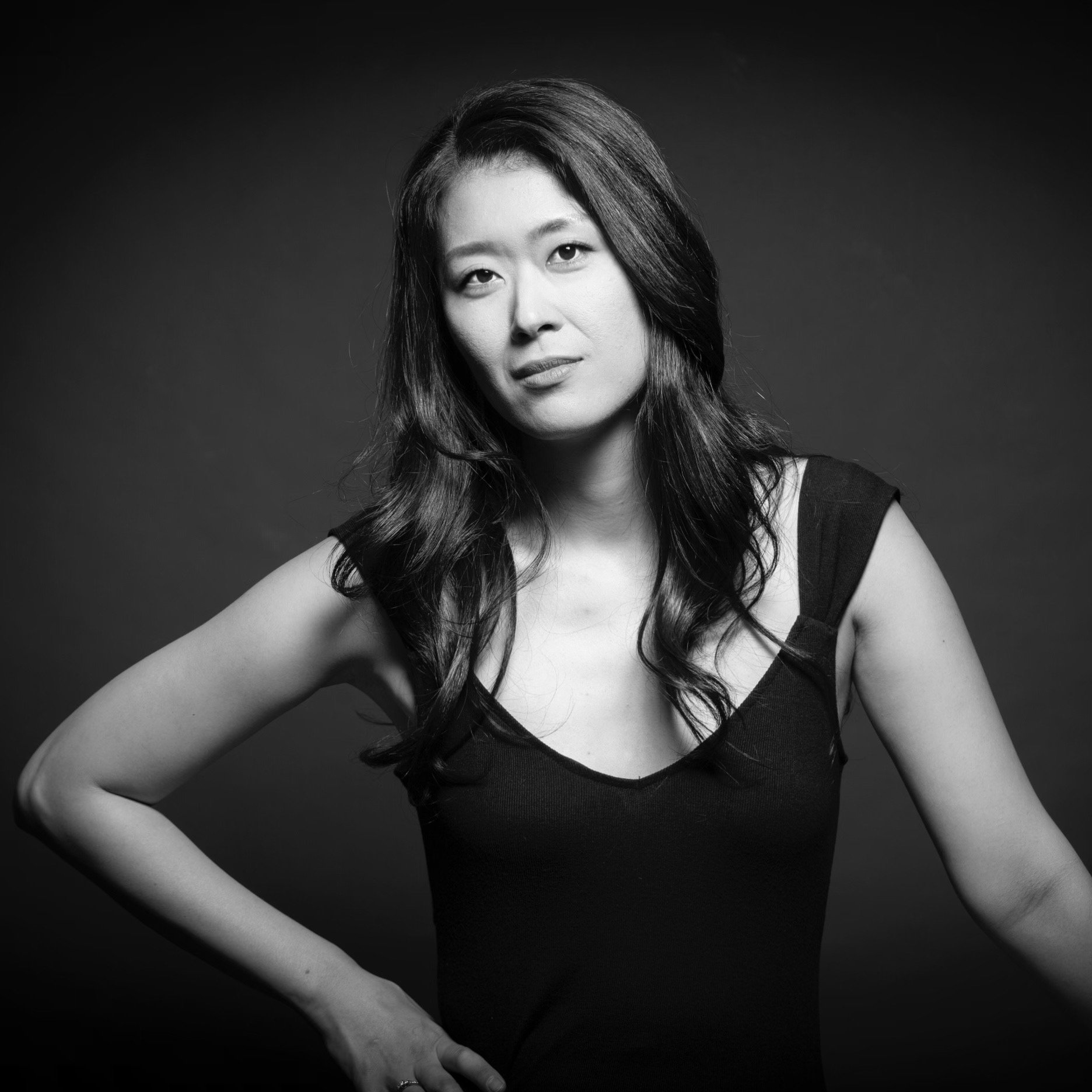
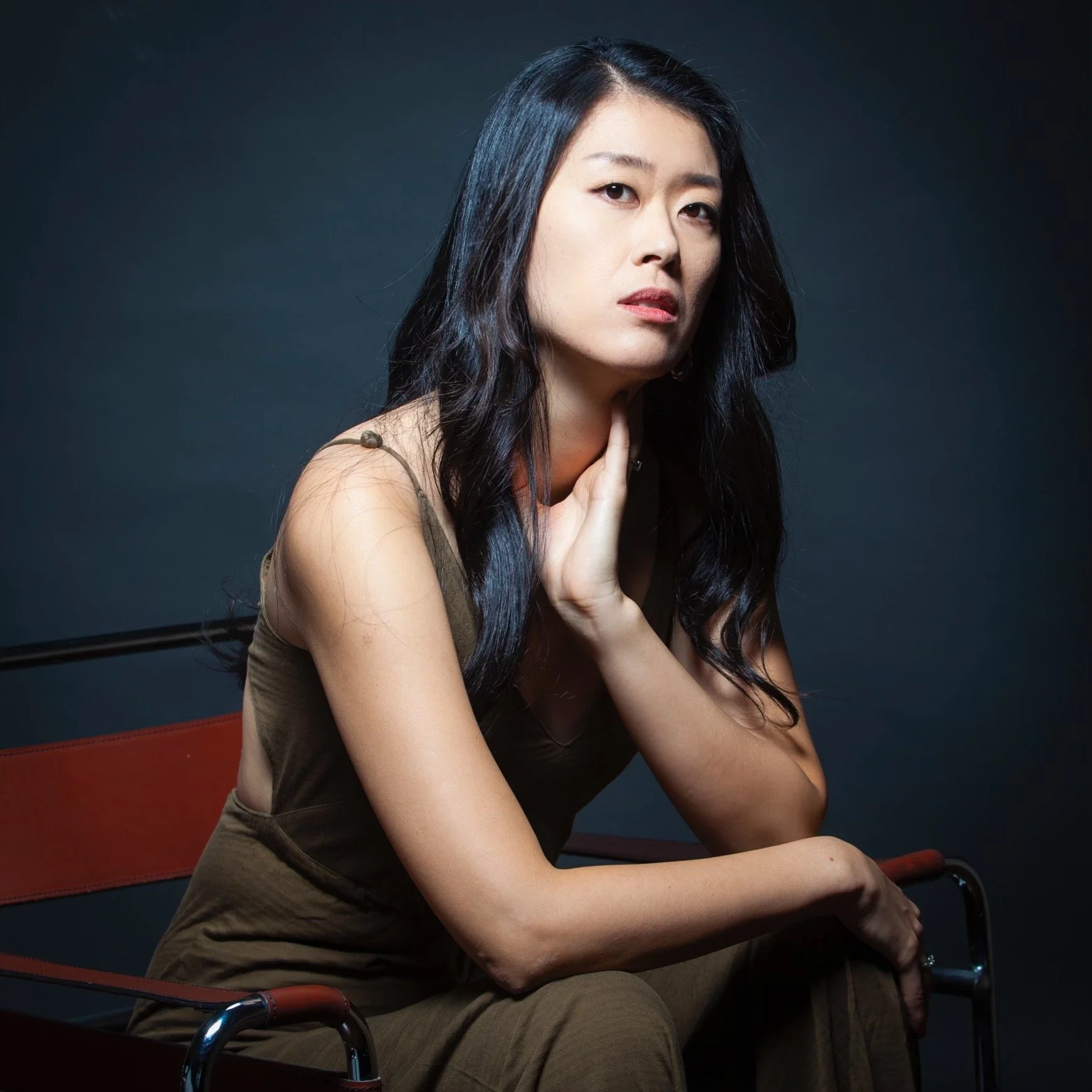

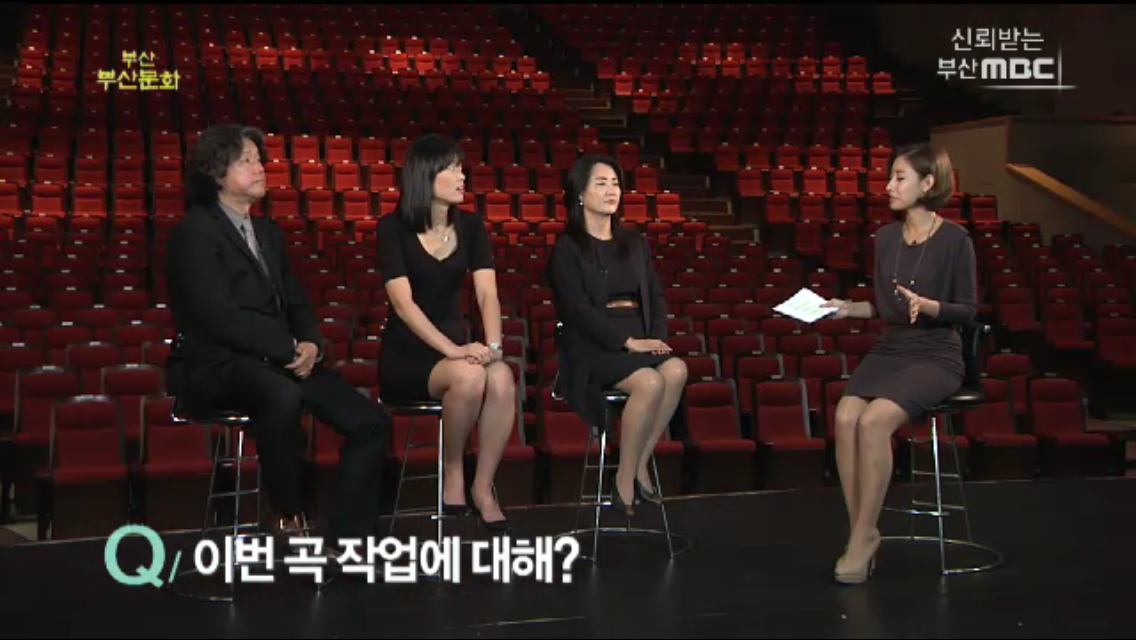
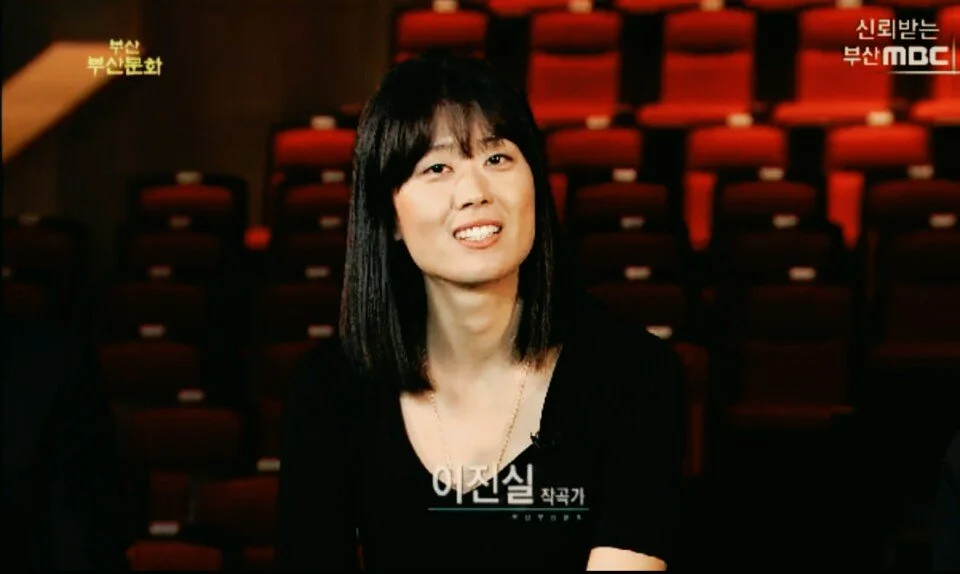
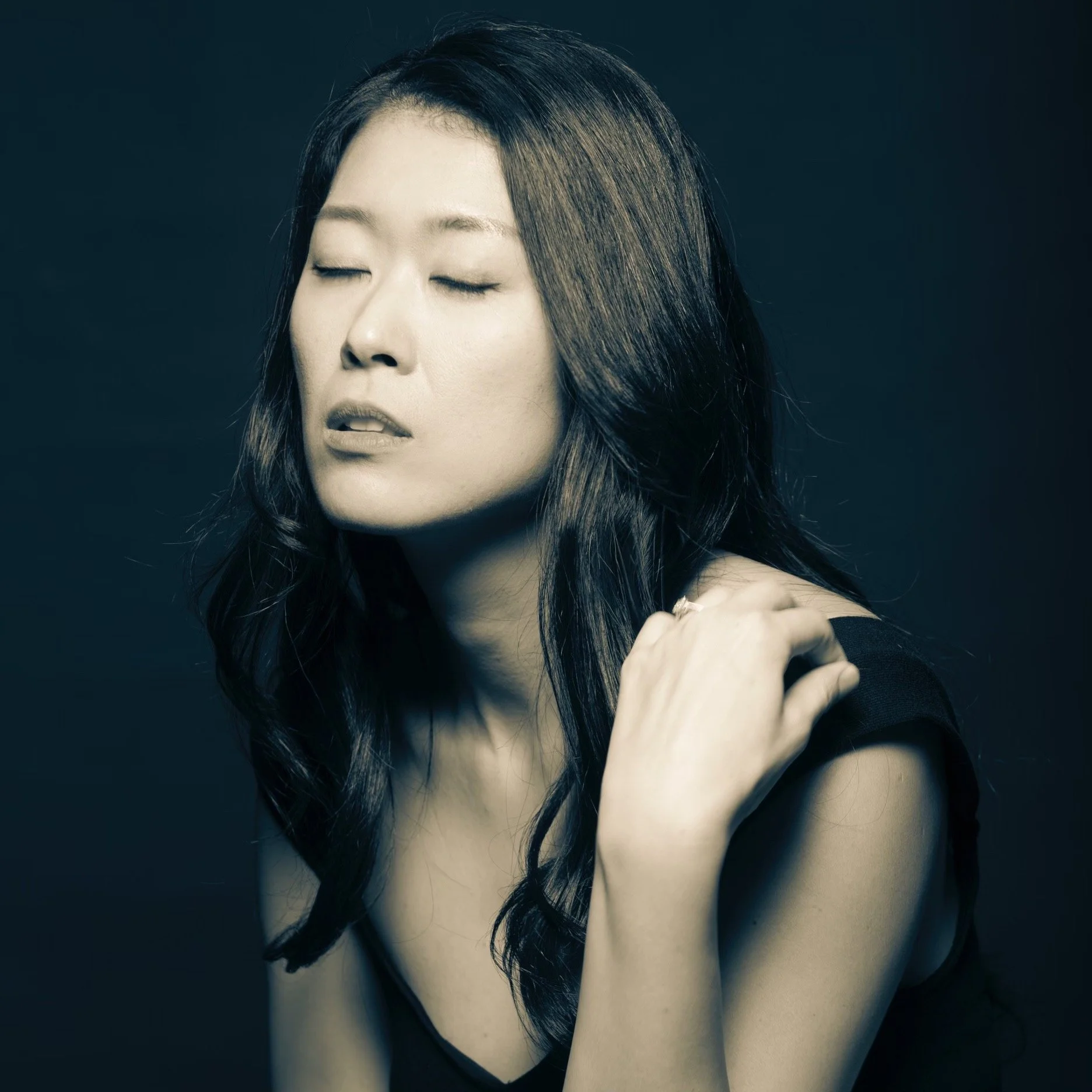

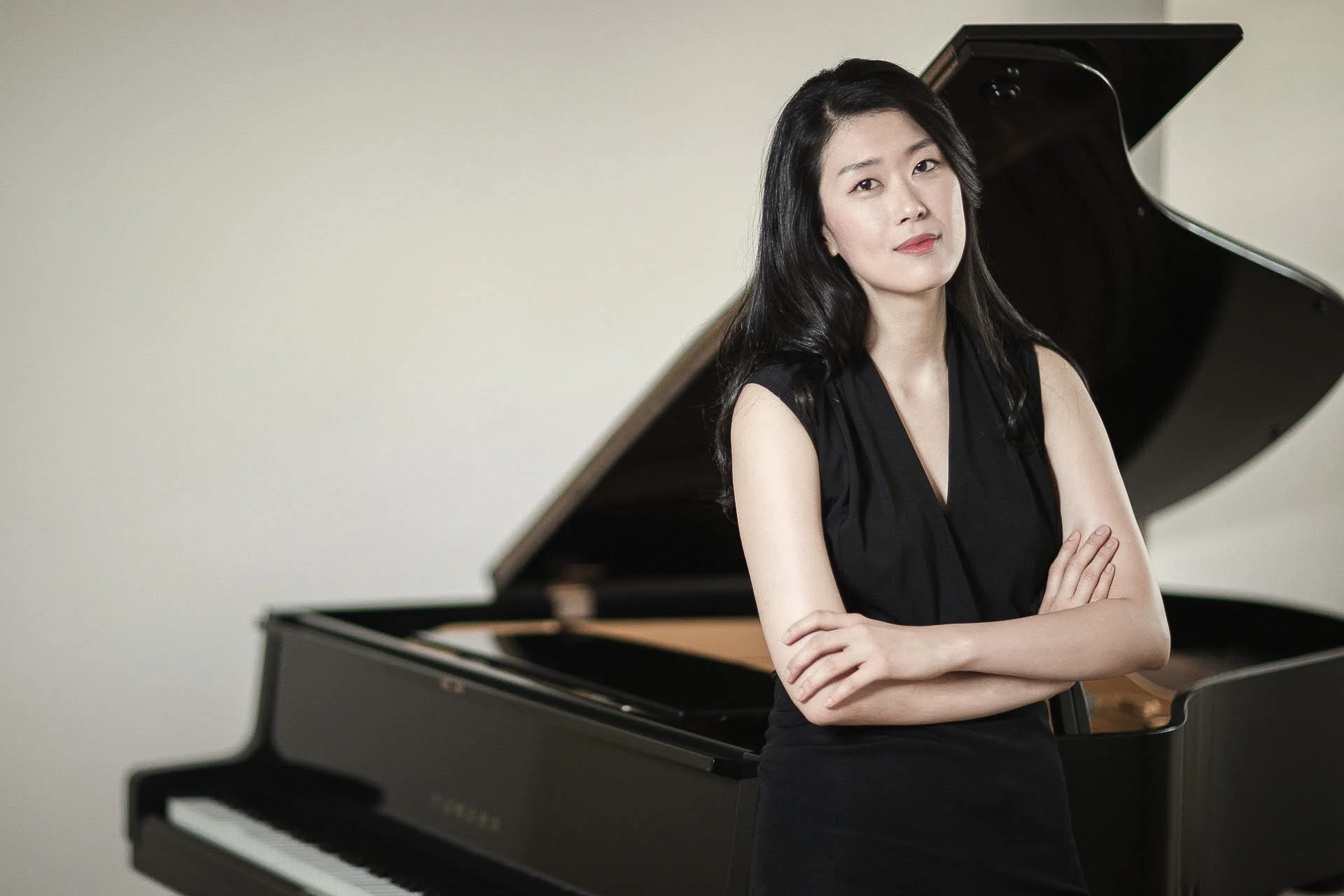
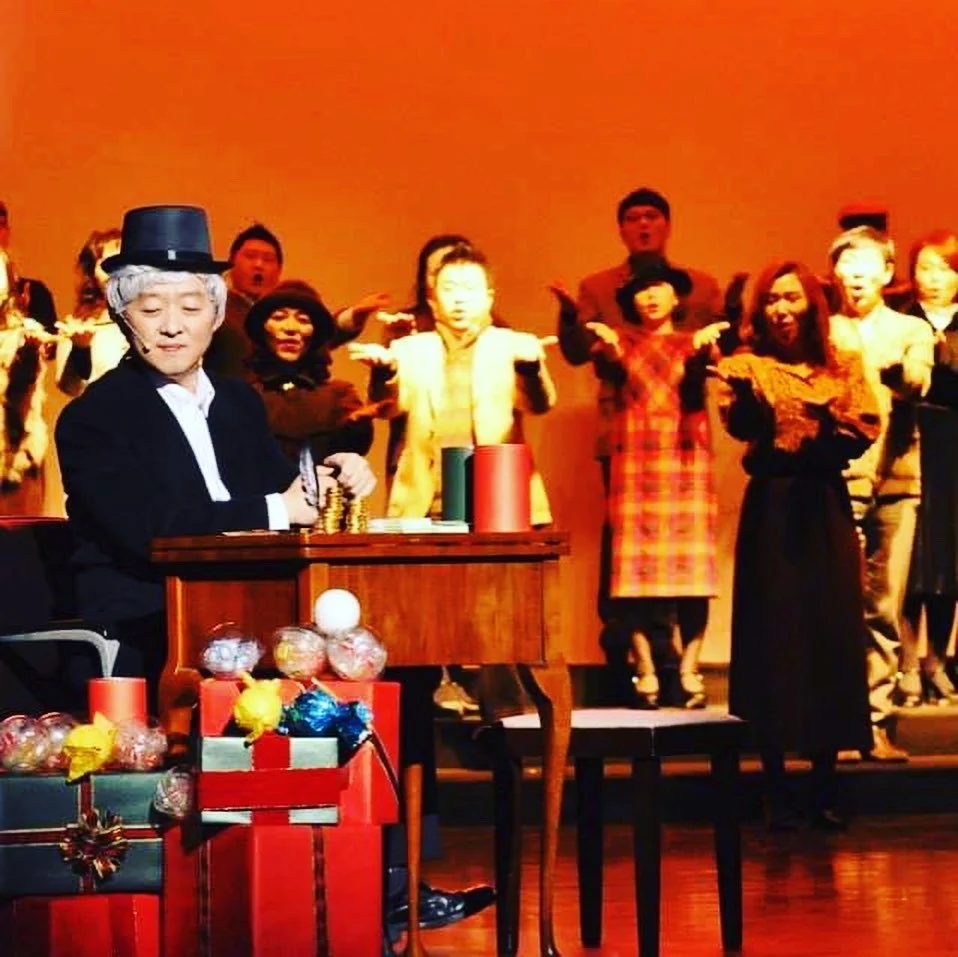
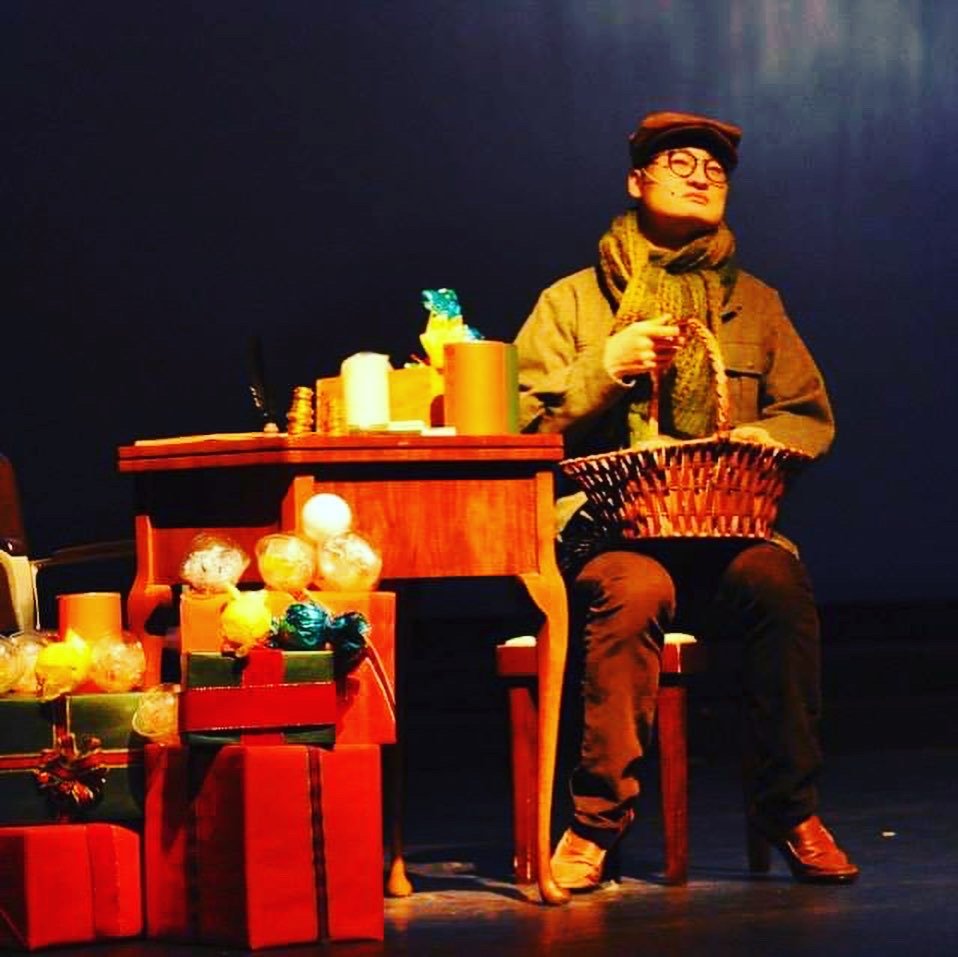








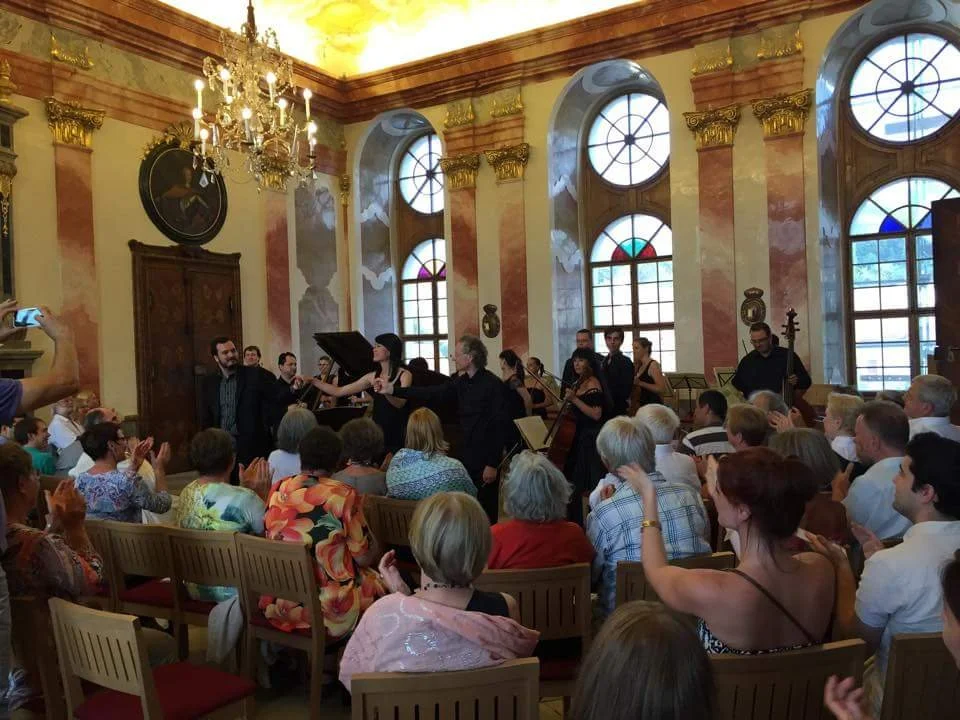

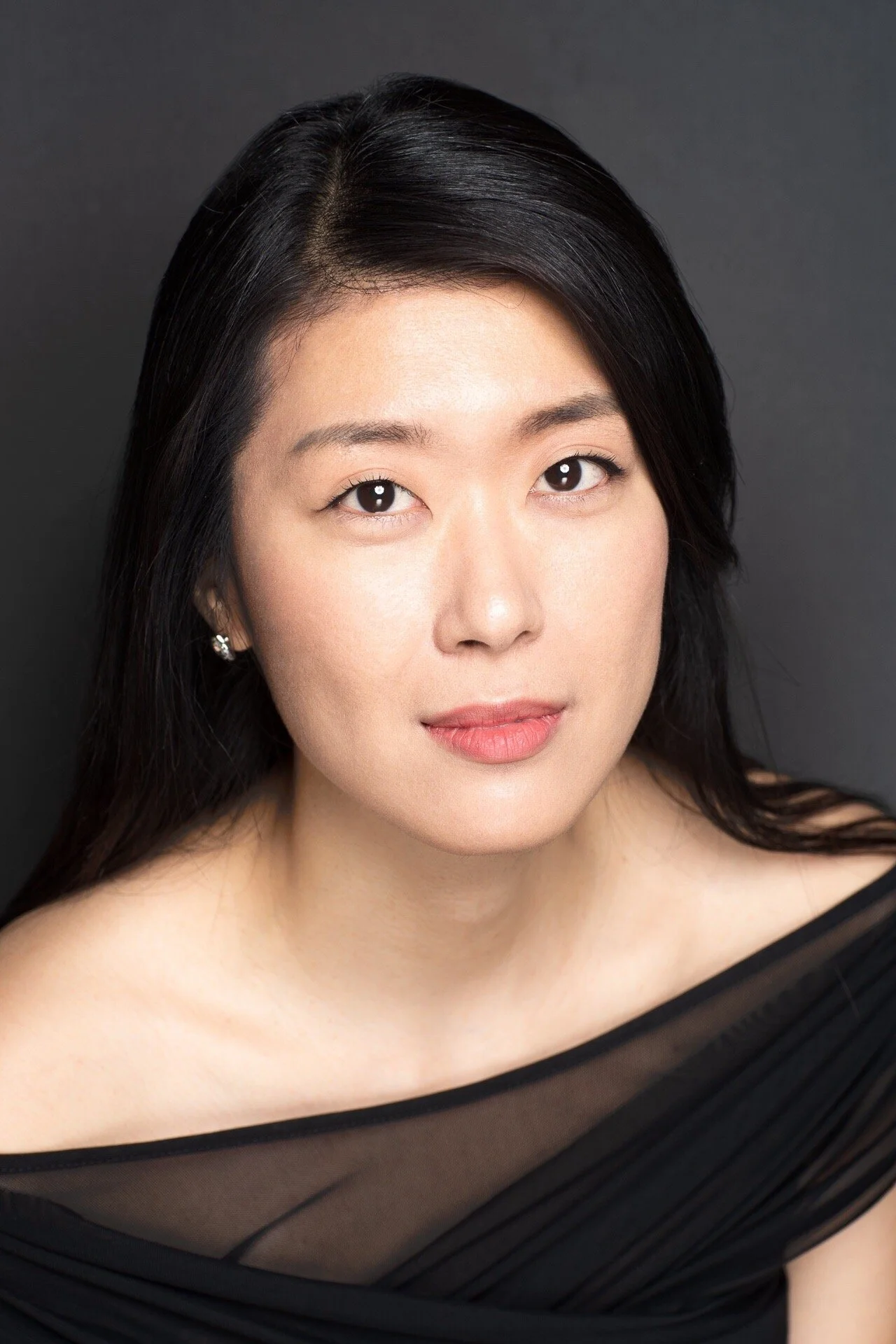
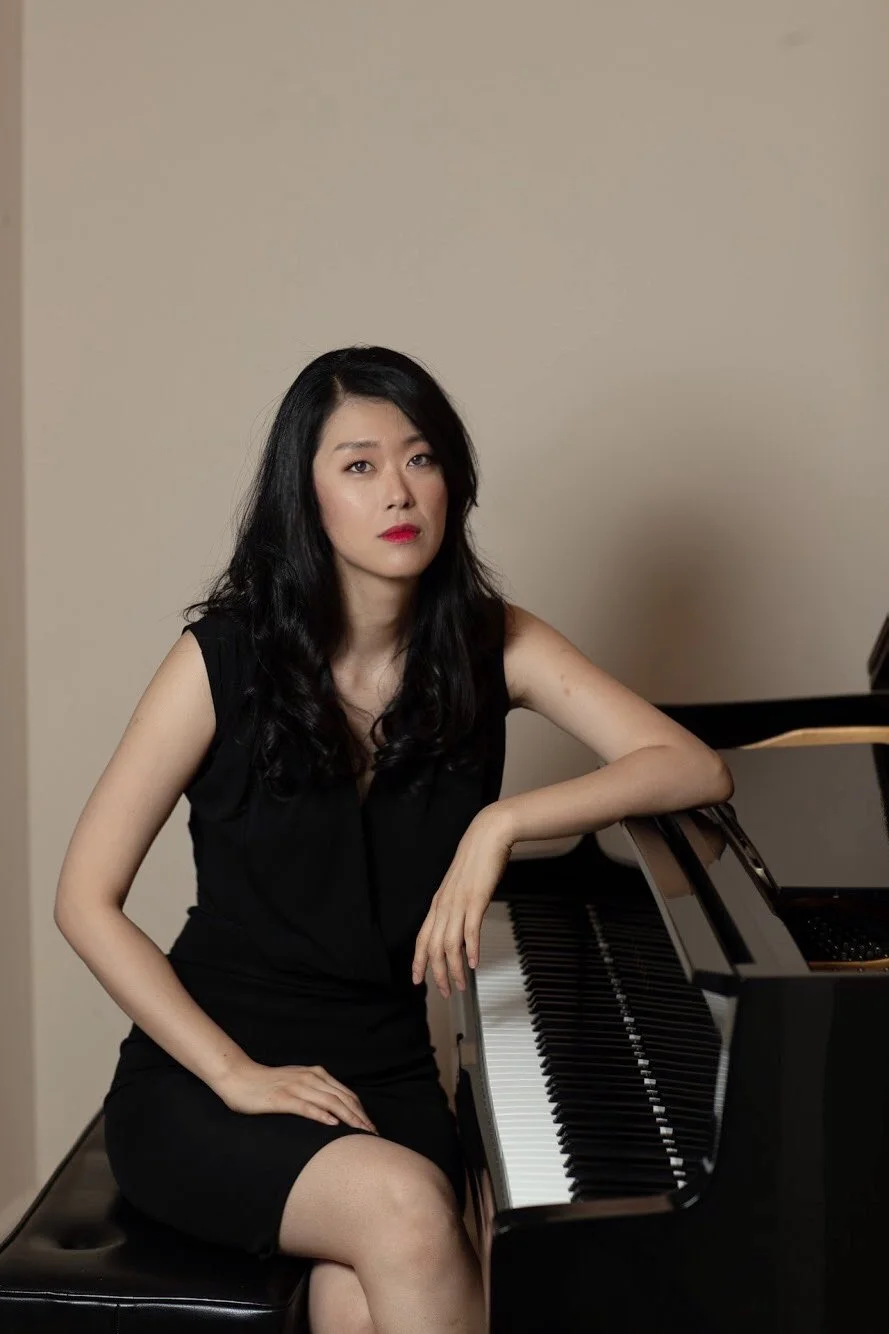
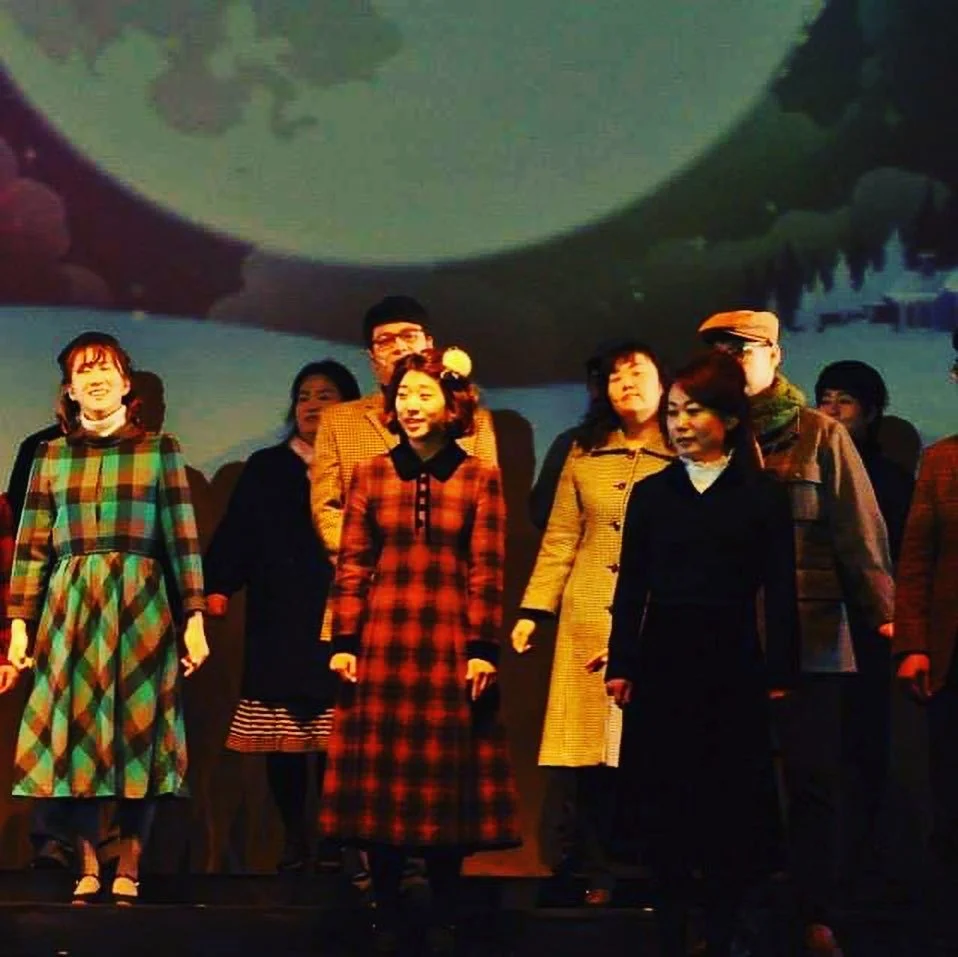
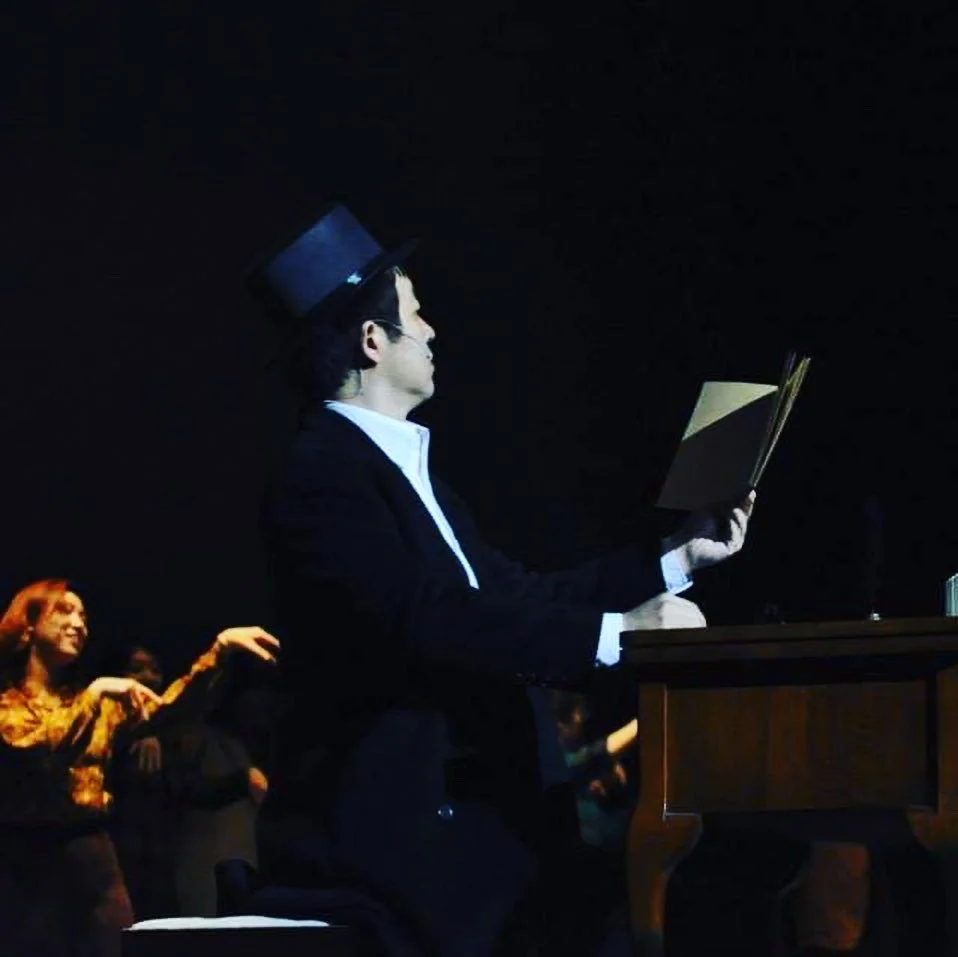
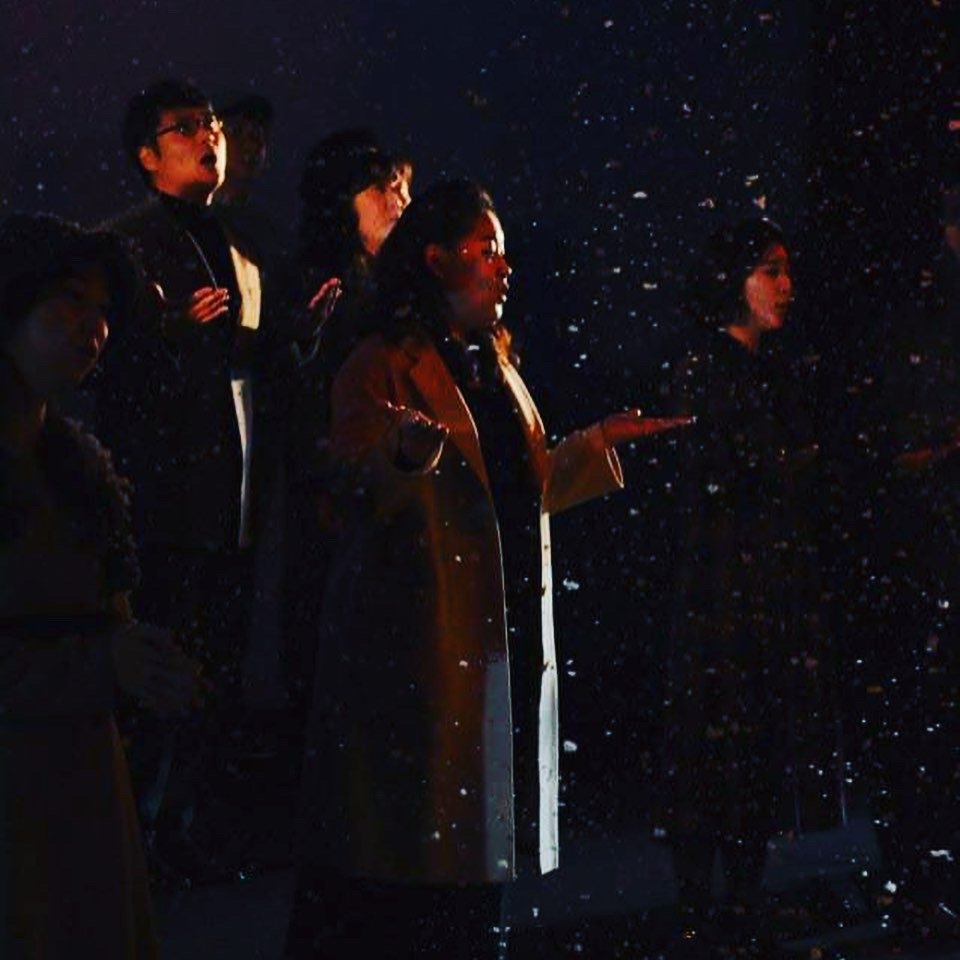
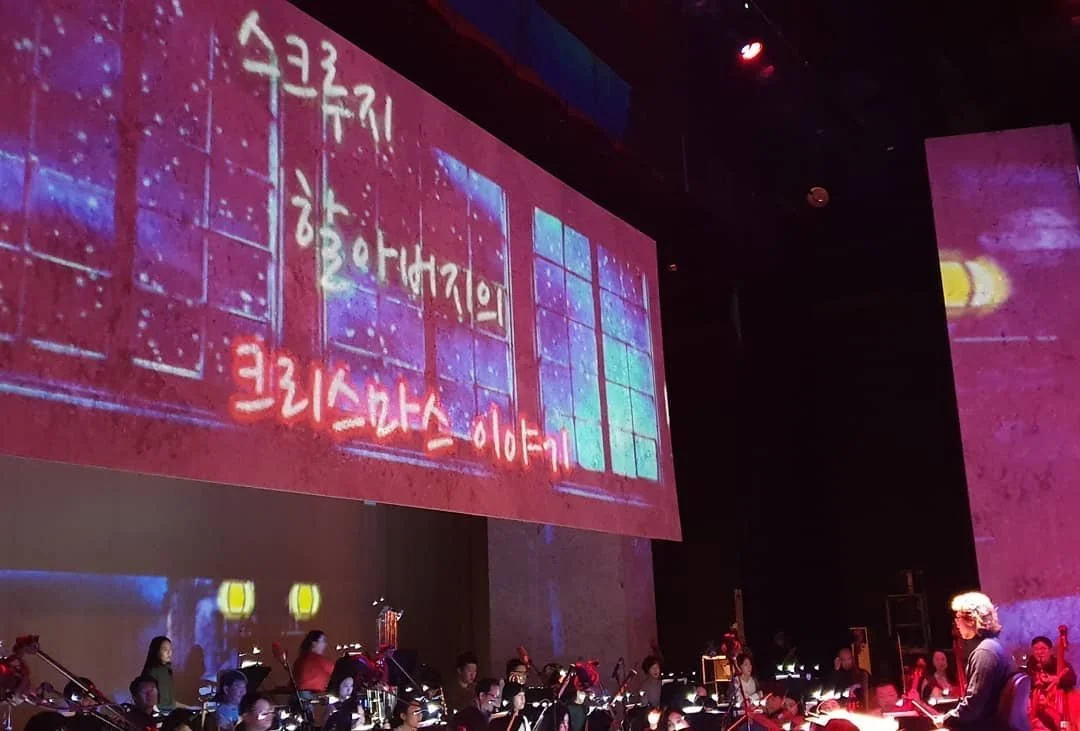

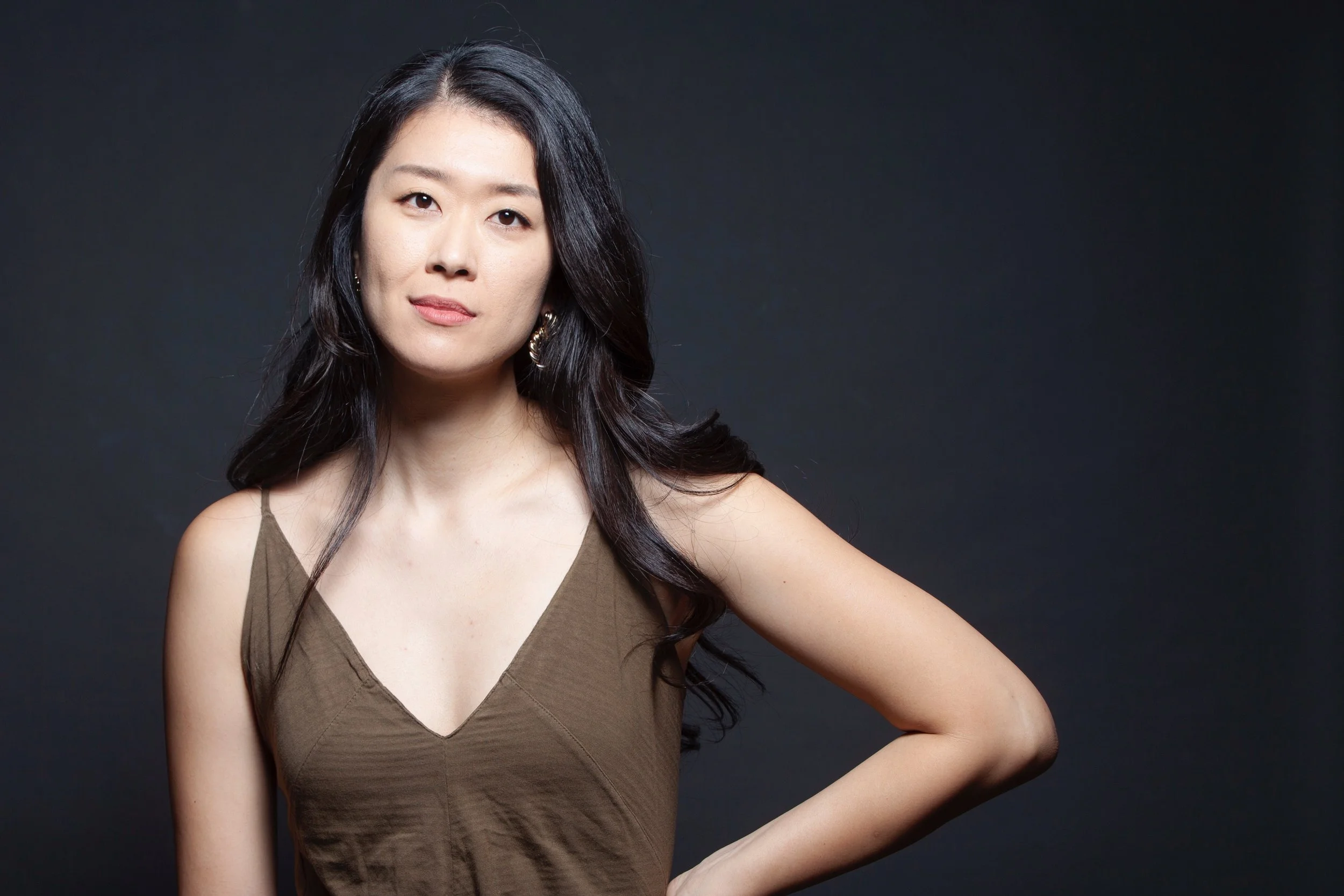
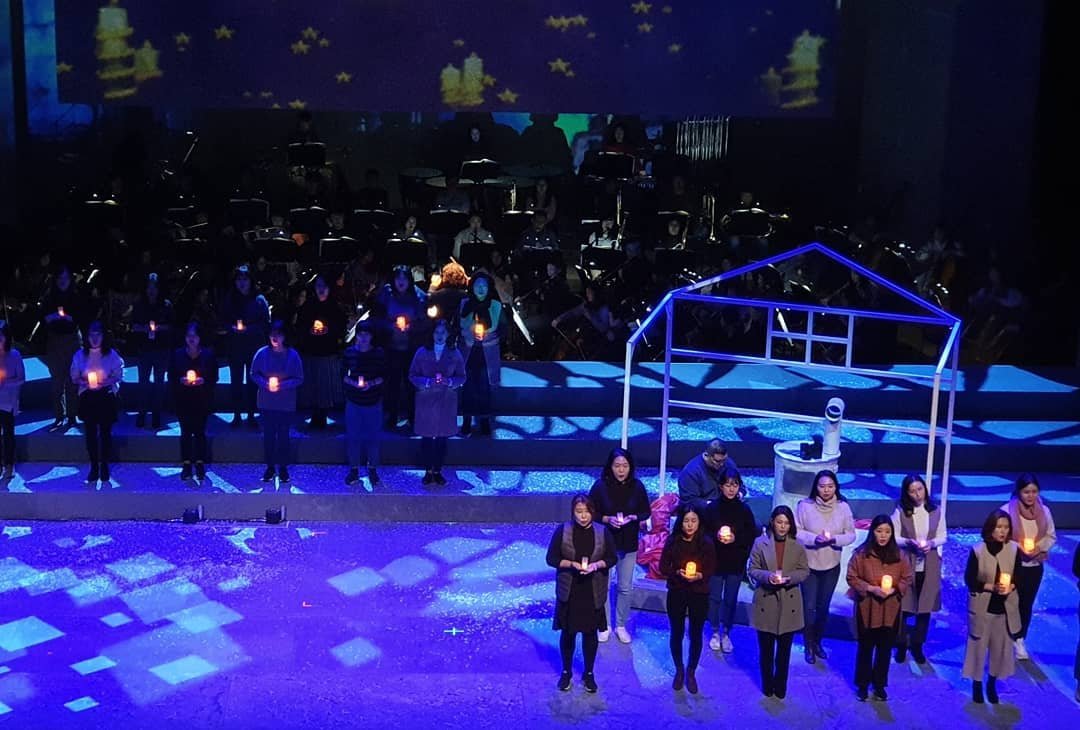
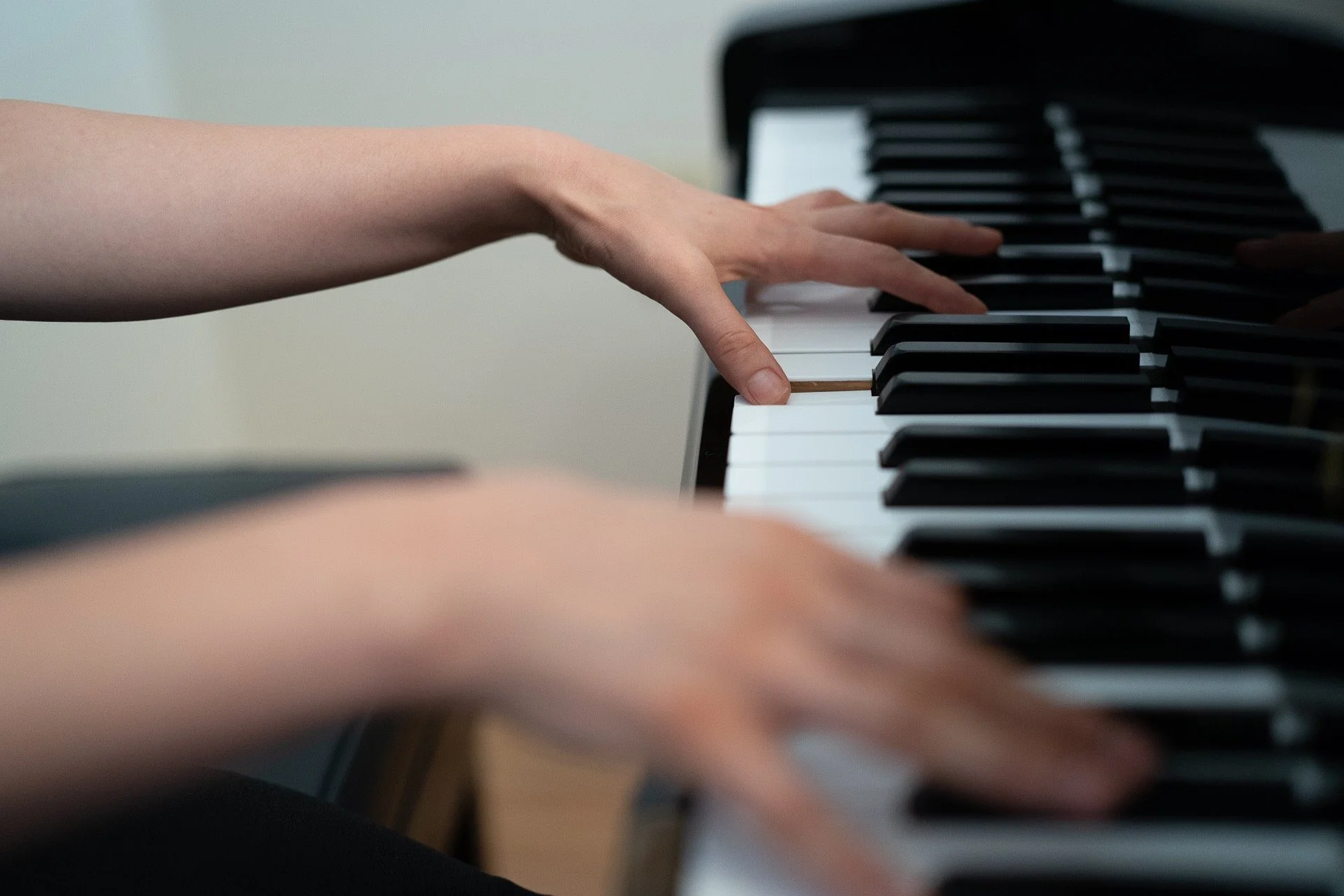
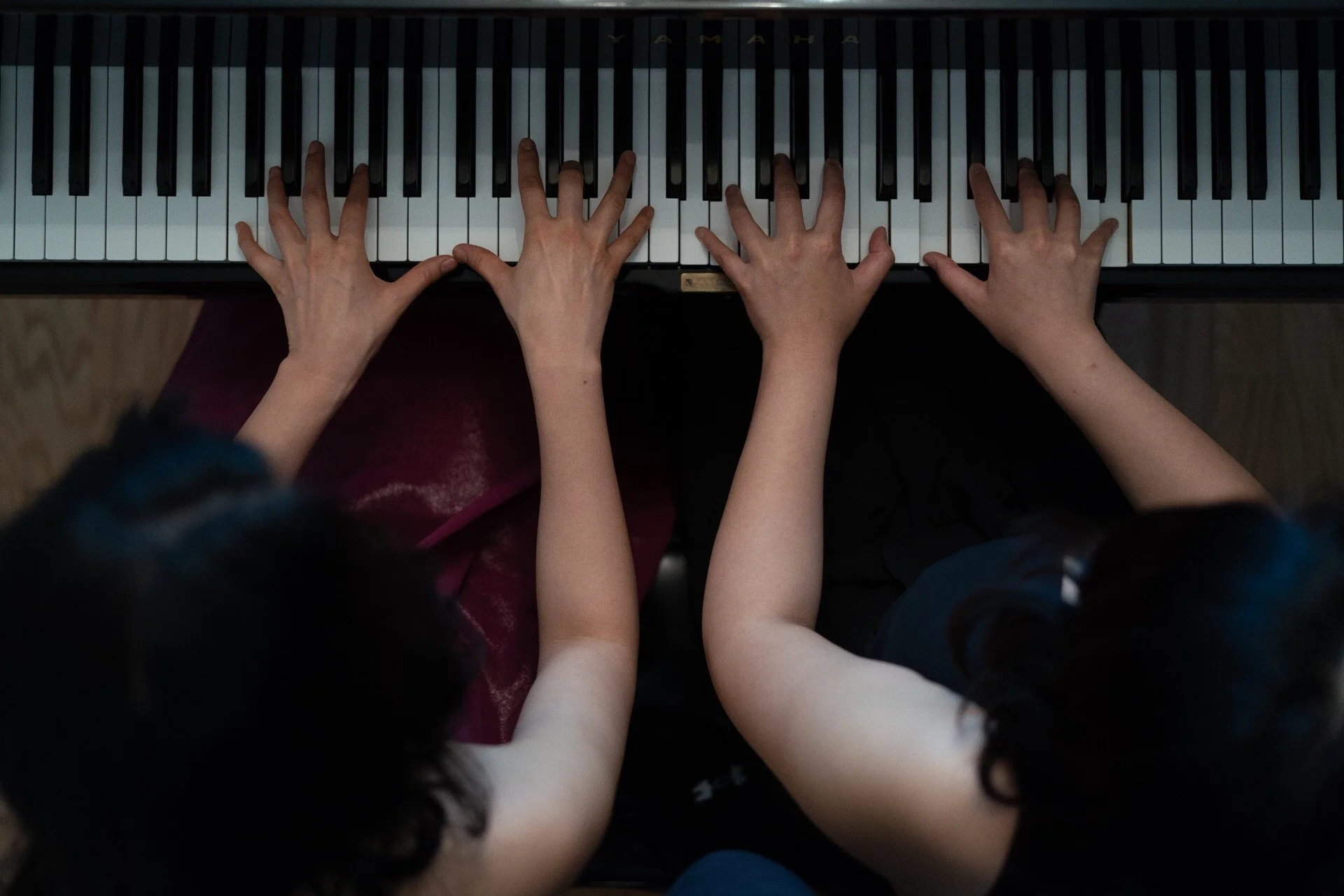

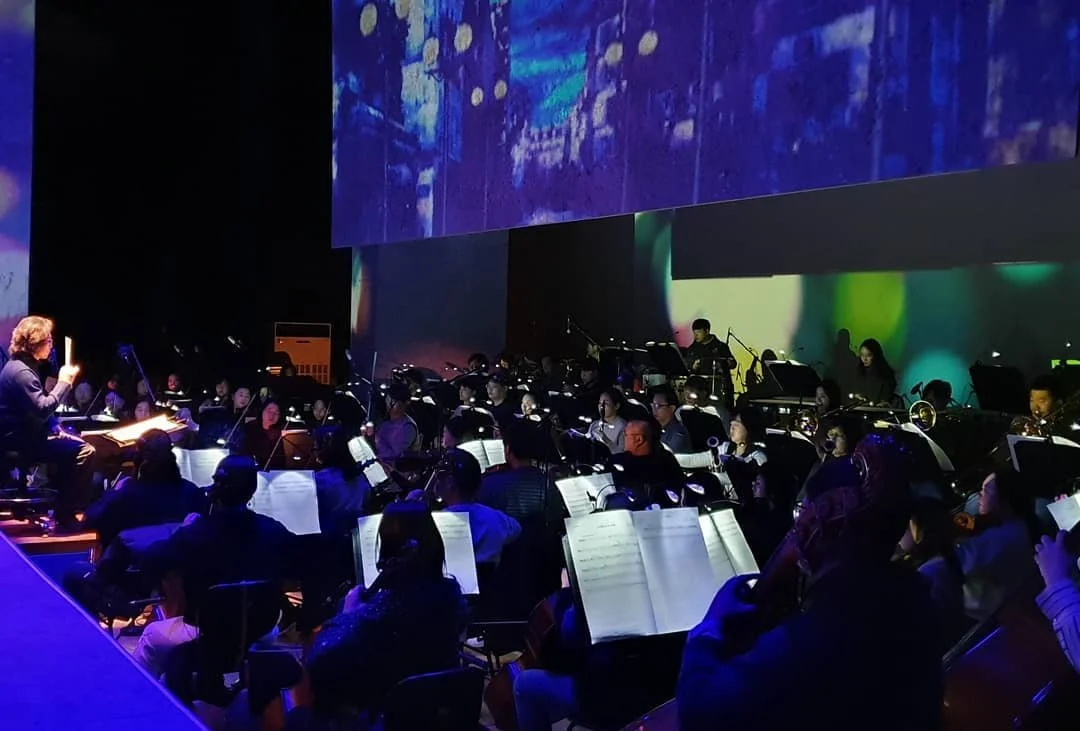

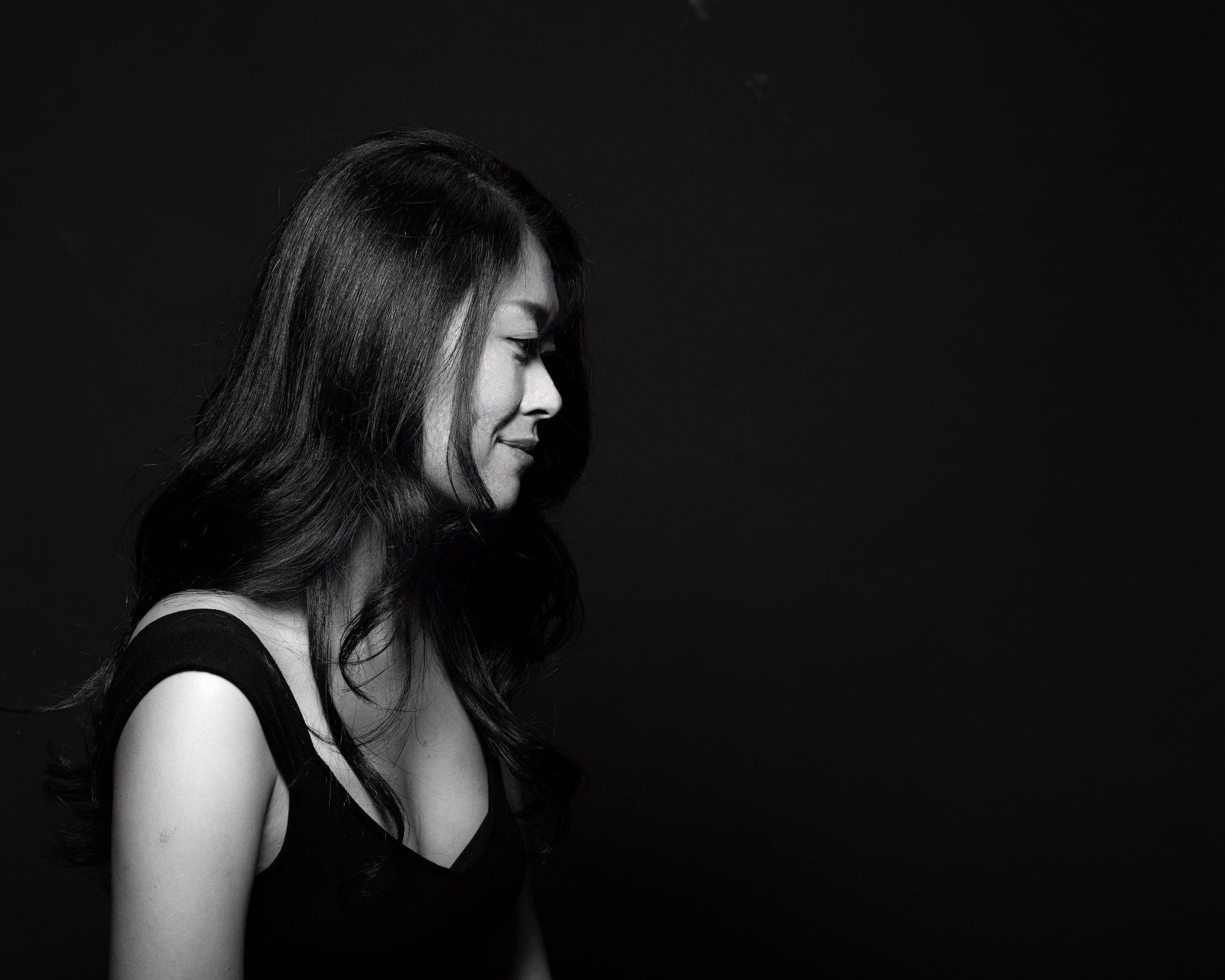
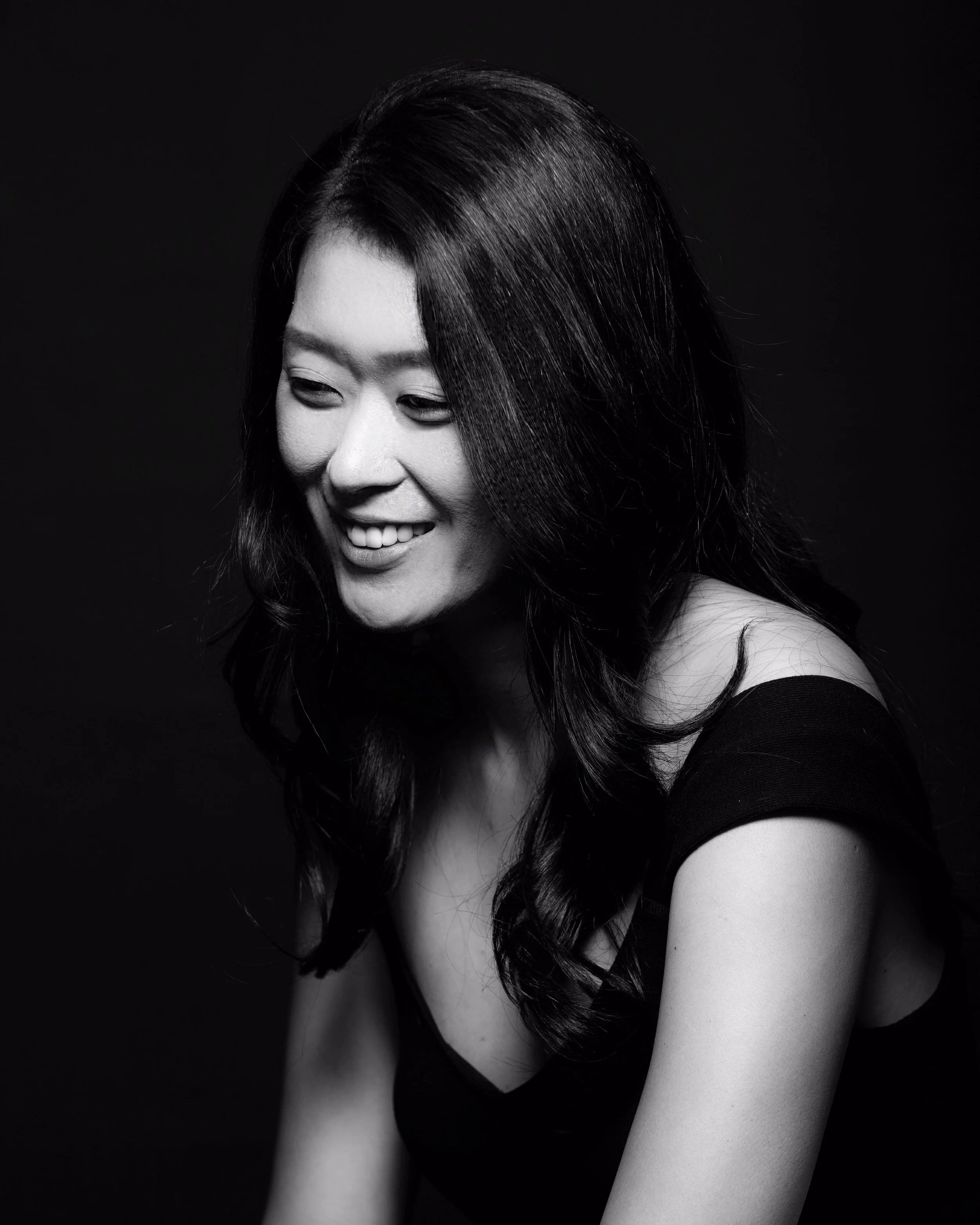
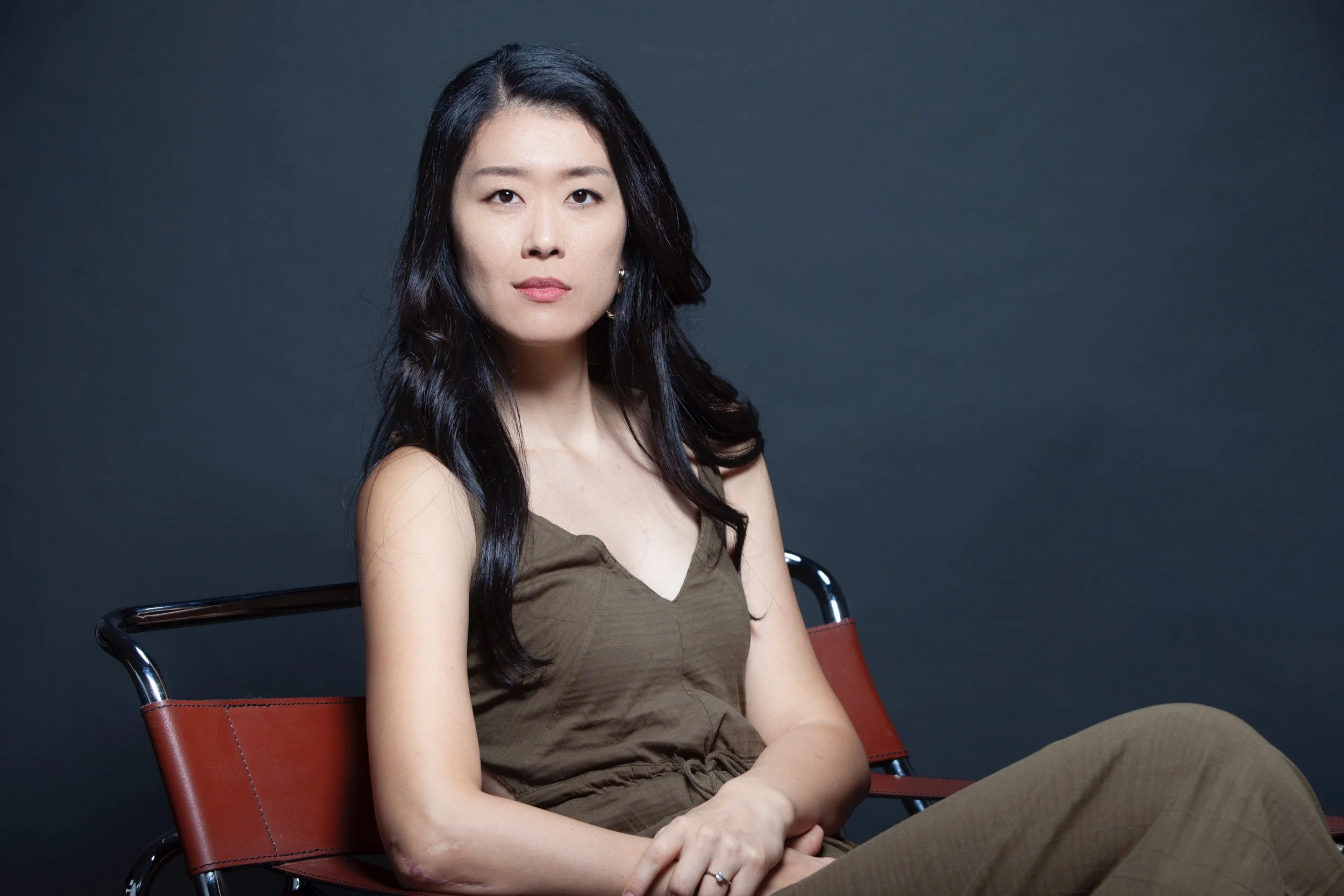


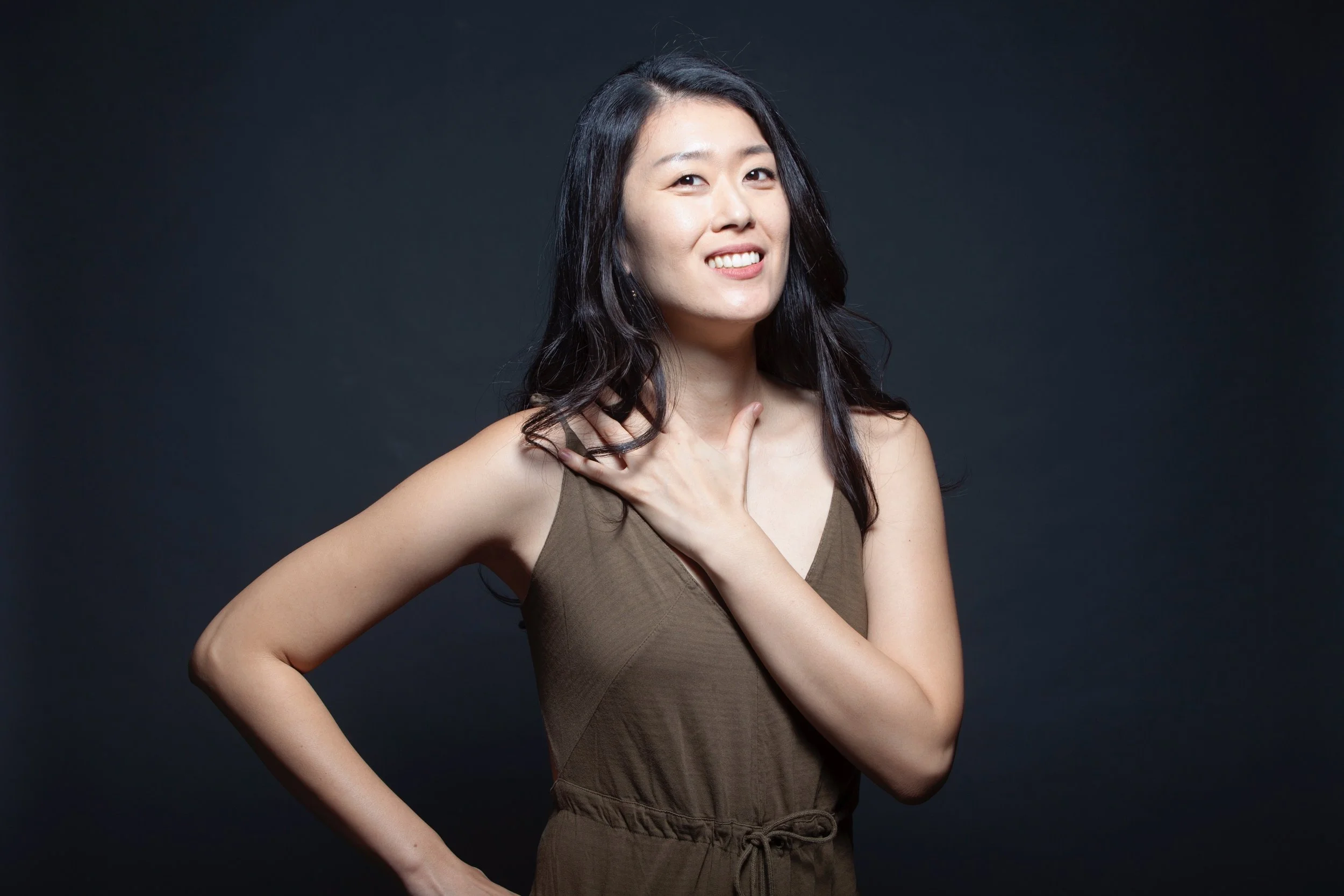

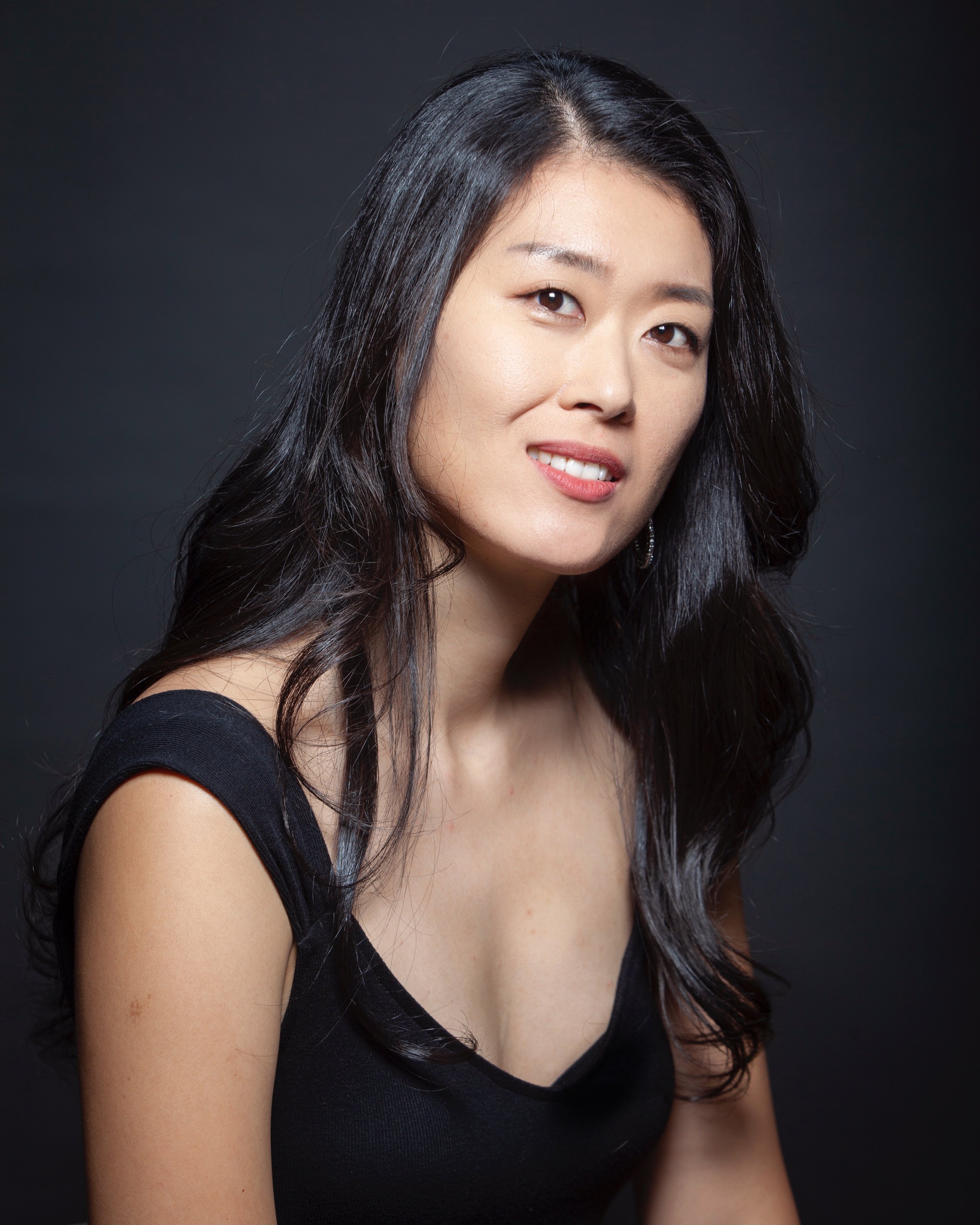
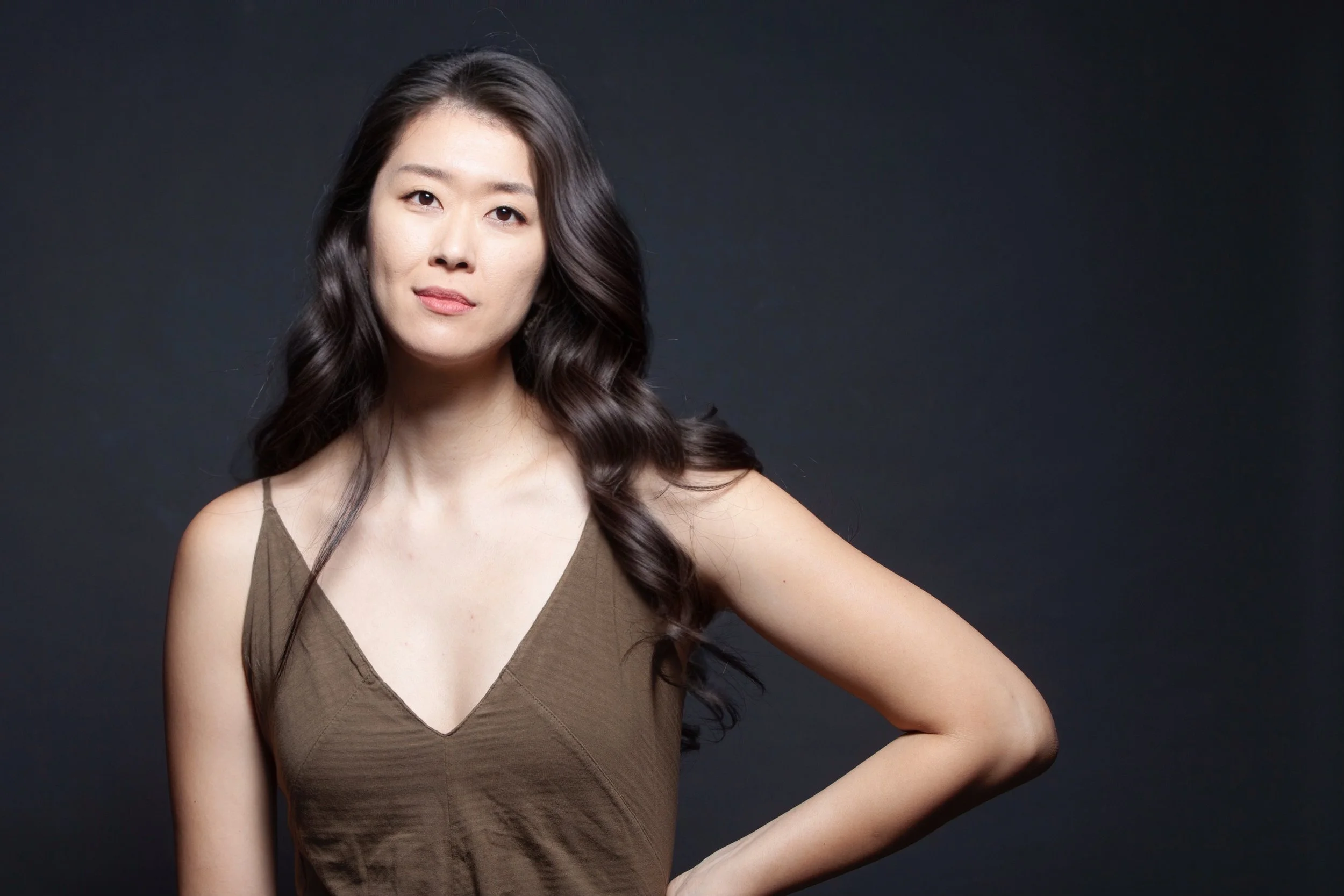
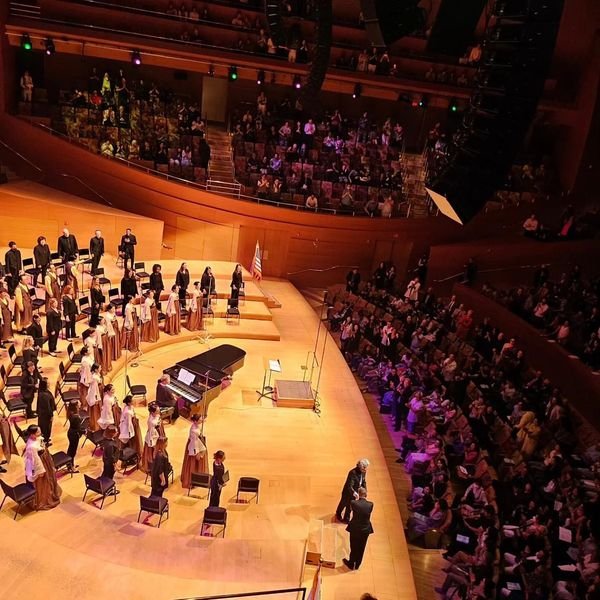
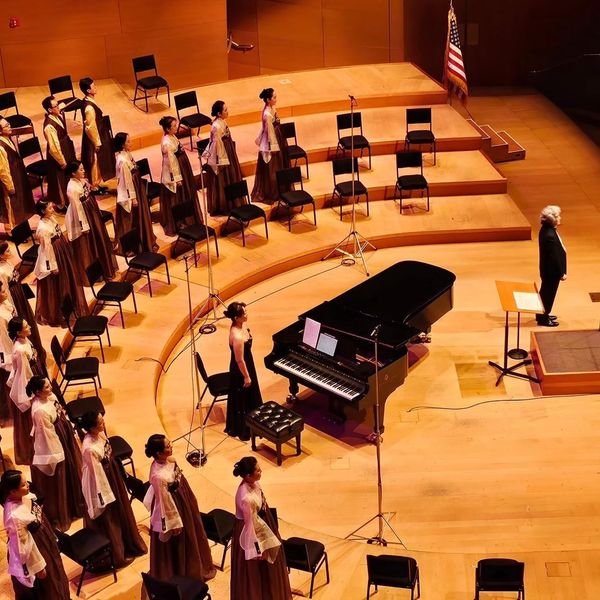
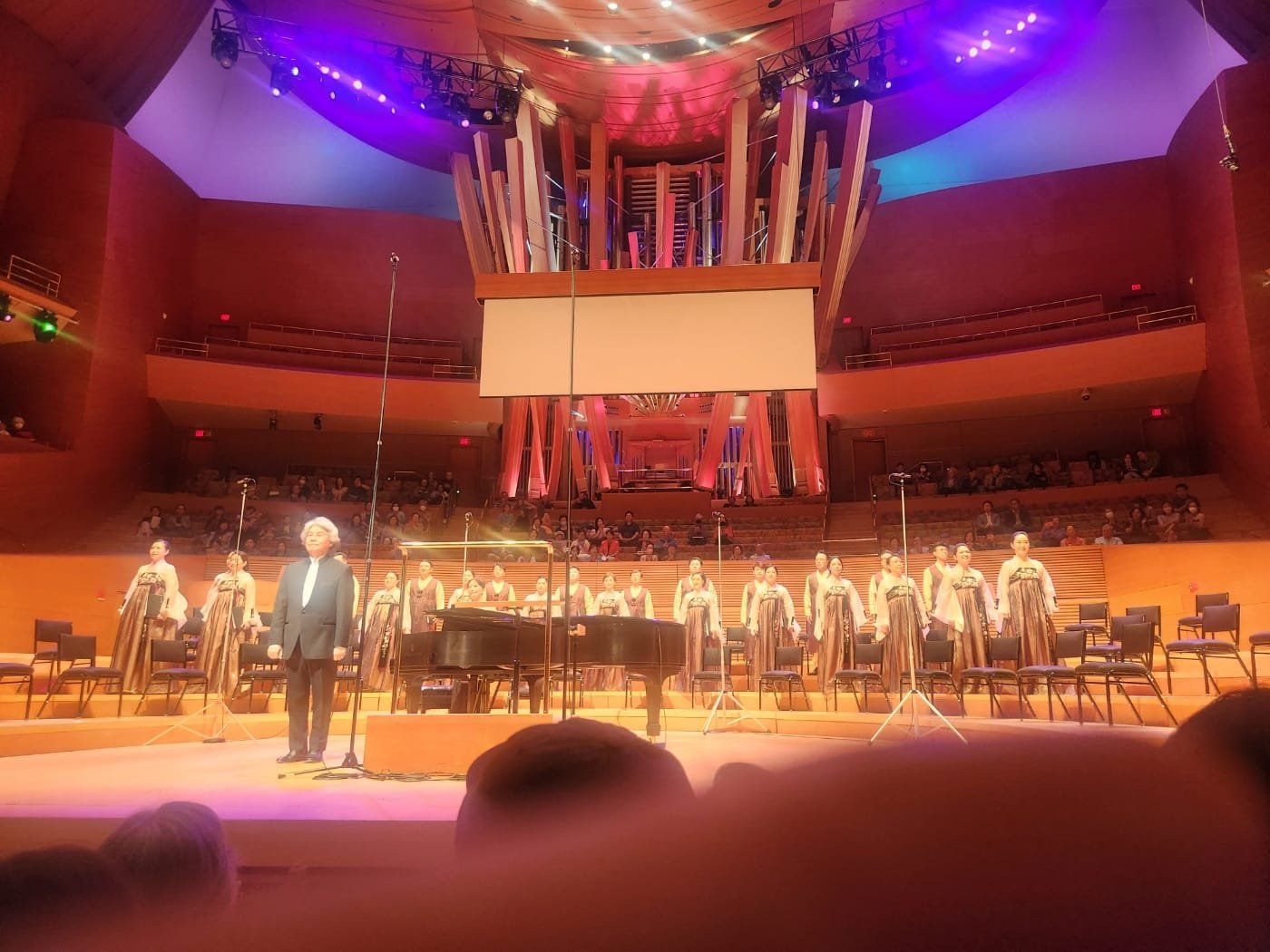
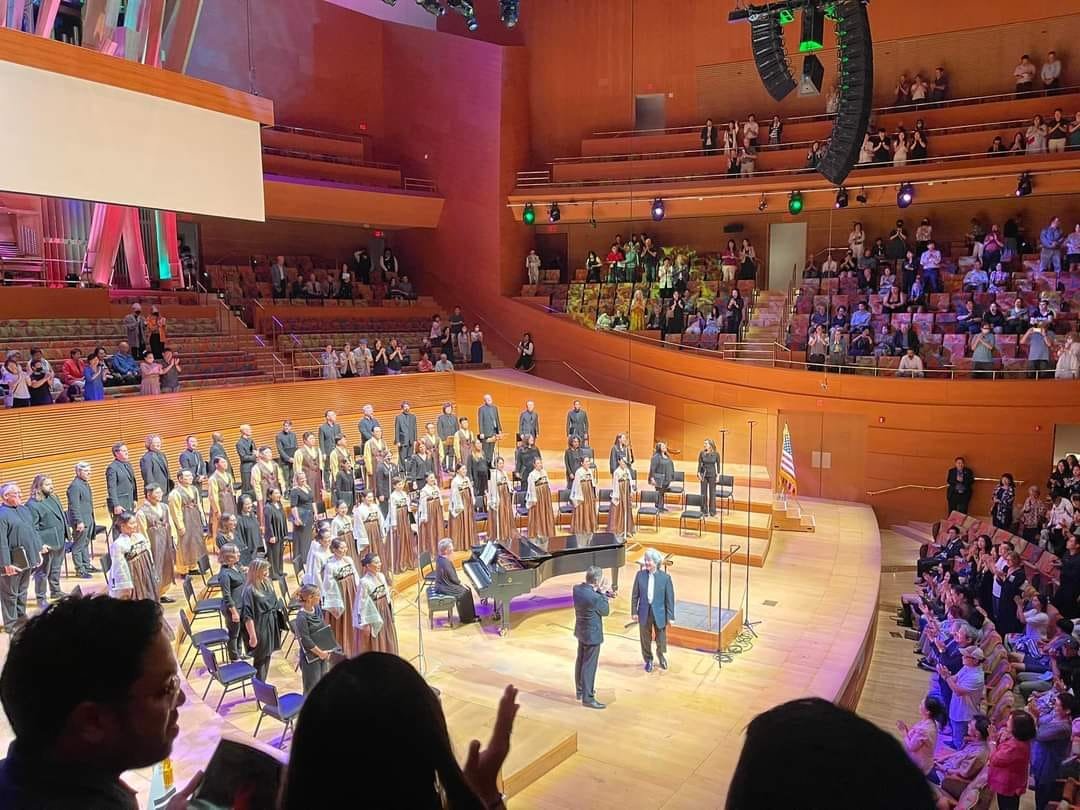
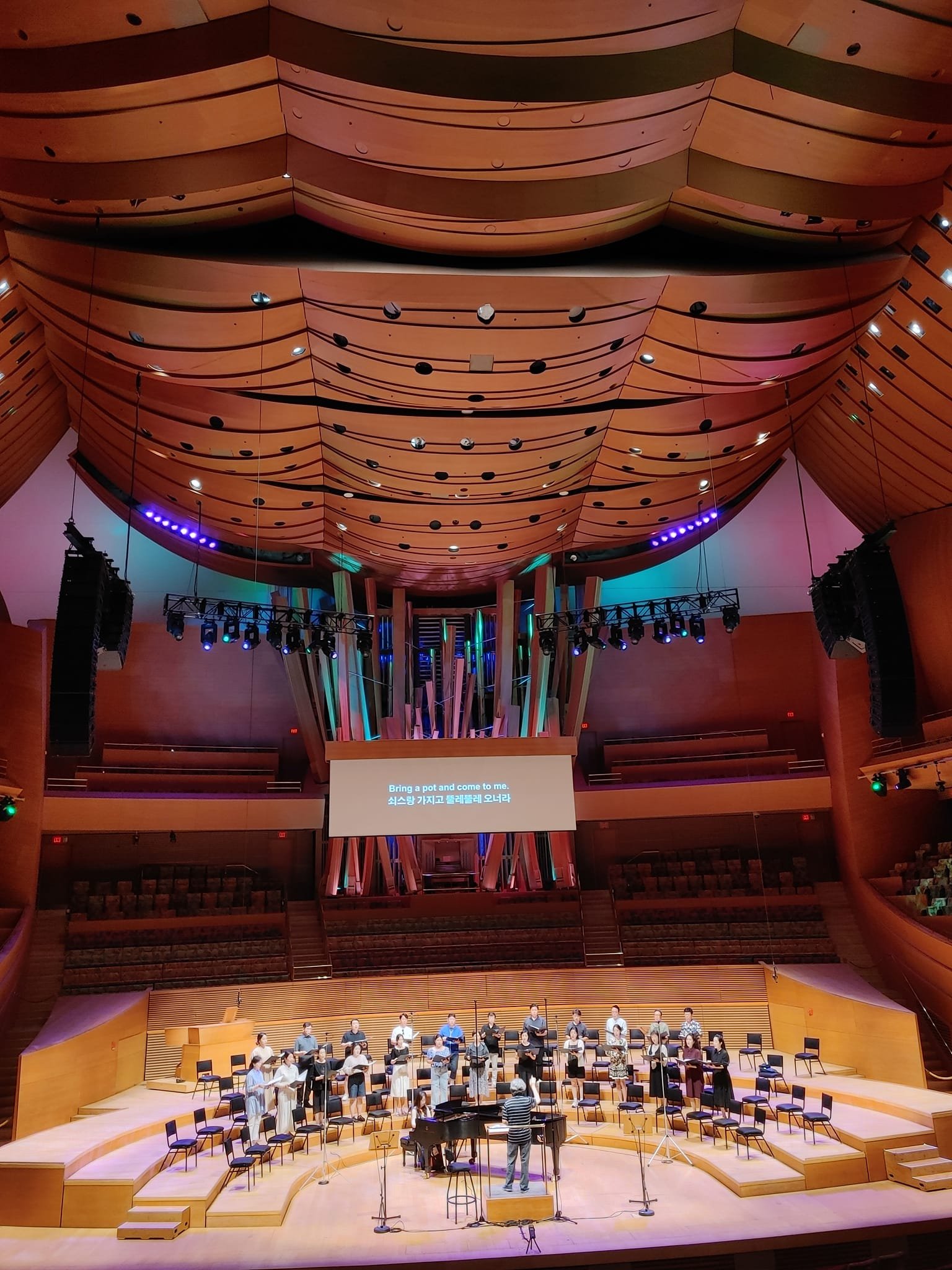
![Dec. 4th, 2023, Children's musical [Pinnochio and Blue Witch], Bupyeong Boys and Girls Choir](https://images.squarespace-cdn.com/content/v1/6070d48ad84bdb77477b1214/6fc4b931-9add-4eb5-a26c-1342b8dfb31a/2023.12.02.%E2%89%88%E2%80%B0.%E2%88%AB%C5%92%E2%88%86%C3%9A%C2%B1%E2%88%8F%E2%88%8F%E2%89%A5%C2%BA%E2%80%9C%E2%89%A5%E2%80%9A%C2%BA%E2%80%9C%E2%89%A5%E2%80%A1%C2%AB%E2%80%99%E2%88%9A%C2%A2%C2%A5%E2%80%B9+%C3%B8%C2%A8%C2%A1%C3%B7+%28362%29.jpg)
![Dec. 4th, 2023, Children's musical [Pinnochio and Blue Witch], Bupyeong Boys and Girls Choir](https://images.squarespace-cdn.com/content/v1/6070d48ad84bdb77477b1214/84249f82-d4b9-4e14-8e16-bdacdc7075a9/2023.12.02.%E2%89%88%E2%80%B0.%E2%88%AB%C5%92%E2%88%86%C3%9A%C2%B1%E2%88%8F%E2%88%8F%E2%89%A5%C2%BA%E2%80%9C%E2%89%A5%E2%80%9A%C2%BA%E2%80%9C%E2%89%A5%E2%80%A1%C2%AB%E2%80%99%E2%88%9A%C2%A2%C2%A5%E2%80%B9+%C3%B8%C2%A8%C2%A1%C3%B7+%28364%29.jpg)
![Dec. 4th, 2023, Children's musical [Pinnochio and Blue Witch], Bupyeong Boys and Girls Choir](https://images.squarespace-cdn.com/content/v1/6070d48ad84bdb77477b1214/f53d7786-07bd-45bd-9d55-63dd1cbfce98/2023.12.02.%E2%89%88%E2%80%B0.%E2%88%AB%C5%92%E2%88%86%C3%9A%C2%B1%E2%88%8F%E2%88%8F%E2%89%A5%C2%BA%E2%80%9C%E2%89%A5%E2%80%9A%C2%BA%E2%80%9C%E2%89%A5%E2%80%A1%C2%AB%E2%80%99%E2%88%9A%C2%A2%C2%A5%E2%80%B9+%C3%B8%C2%A8%C2%A1%C3%B7+%28370%29.jpg)
![Dec. 4th, 2023, Children's musical [Pinnochio and Blue Witch], Bupyeong Boys and Girls Choir](https://images.squarespace-cdn.com/content/v1/6070d48ad84bdb77477b1214/7ea204c0-cb5f-44ca-b234-0a672a7f75a5/IMG_6398.JPG)
![Dec. 4th, 2023, Children's musical [Pinnochio and Blue Witch], Bupyeong Boys and Girls Choir](https://images.squarespace-cdn.com/content/v1/6070d48ad84bdb77477b1214/db42a493-3c90-46b3-b975-a6a9ea3e749e/IMG_6394.JPG)
![Dec. 4th, 2023, Children's musical [Pinnochio and Blue Witch], Bupyeong Boys and Girls Choir](https://images.squarespace-cdn.com/content/v1/6070d48ad84bdb77477b1214/9603ff37-4234-44b9-8e7f-ebbcf8969930/IMG_6390.JPG)
![Dec. 4th, 2023, Children's musical [Pinnochio and Blue Witch], Bupyeong Boys and Girls Choir](https://images.squarespace-cdn.com/content/v1/6070d48ad84bdb77477b1214/7bb71256-52f0-4fc6-b328-8b396b8b0e27/IMG_6384.JPG)
![Dec. 4th, 2023, Children's musical [Pinnochio and Blue Witch], Bupyeong Boys and Girls Choir](https://images.squarespace-cdn.com/content/v1/6070d48ad84bdb77477b1214/d3ba6594-b4d5-48fd-a6bb-c8043524a423/IMG_6375.JPG)
![Dec. 4th, 2023, Children's musical [Pinnochio and Blue Witch], Bupyeong Boys and Girls Choir](https://images.squarespace-cdn.com/content/v1/6070d48ad84bdb77477b1214/ba8459d6-4ce3-4075-be55-bc021e1076f9/IMG_6374.JPG)
![Dec. 4th, 2023, Children's musical [Pinnochio and Blue Witch], Bupyeong Boys and Girls Choir](https://images.squarespace-cdn.com/content/v1/6070d48ad84bdb77477b1214/8eb87225-0b5d-45ef-9e7f-f6655f780a2b/IMG_6372.JPG)
![Dec. 4th, 2023, Children's musical [Pinnochio and Blue Witch], Bupyeong Boys and Girls Choir](https://images.squarespace-cdn.com/content/v1/6070d48ad84bdb77477b1214/1f10cd31-8635-4a44-90ca-b25af49cd350/IMG_6388.JPG)
